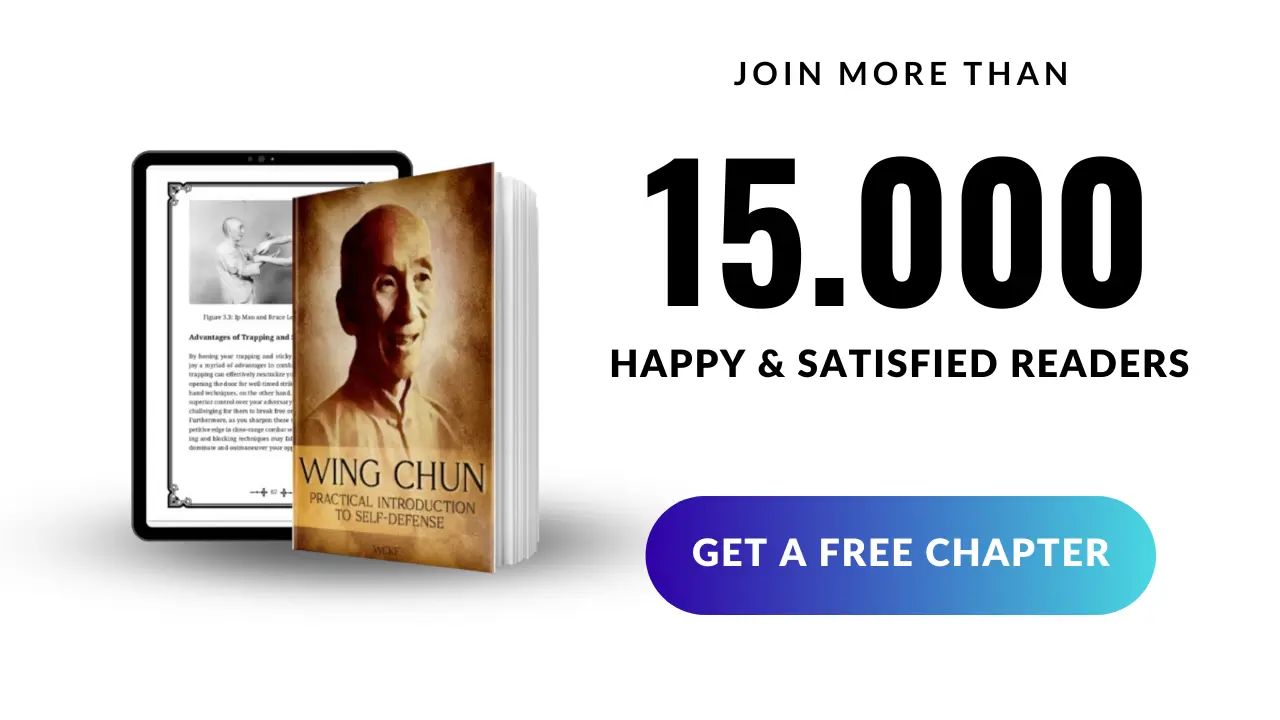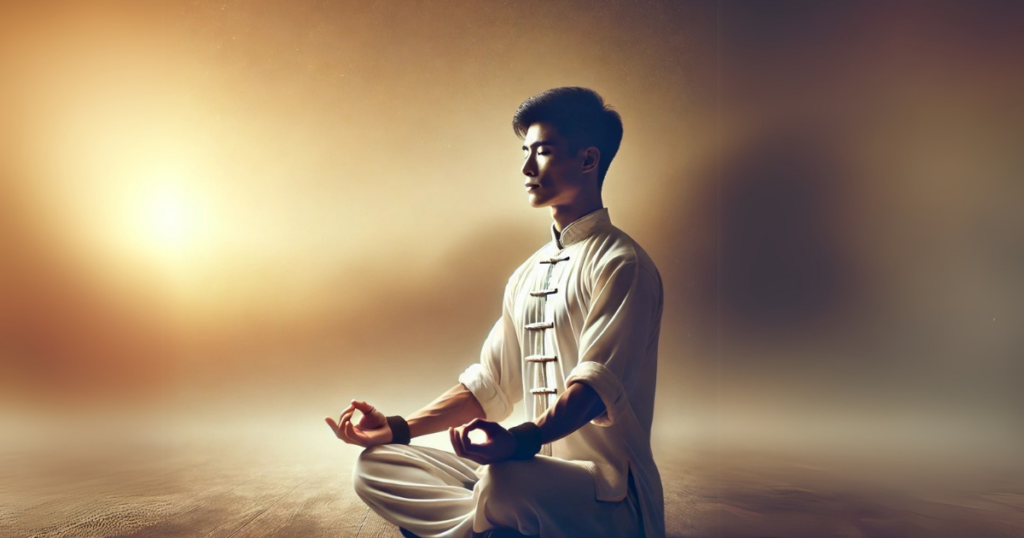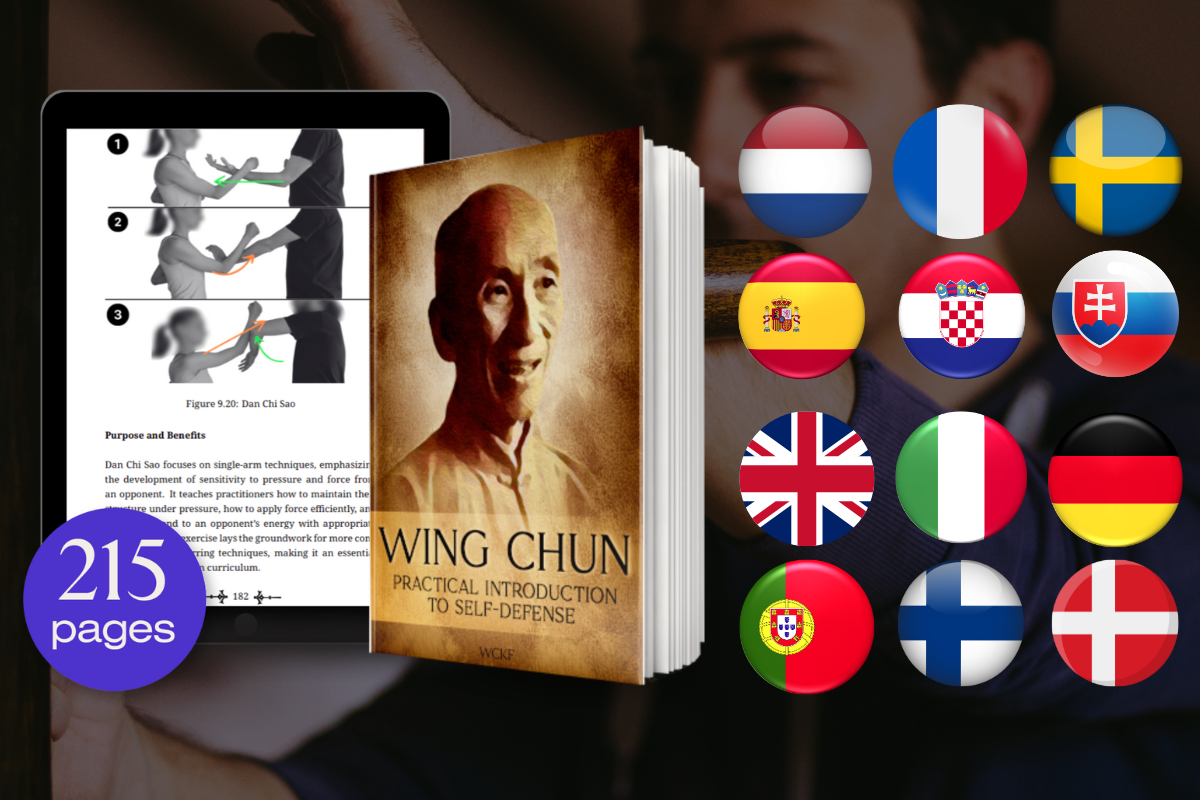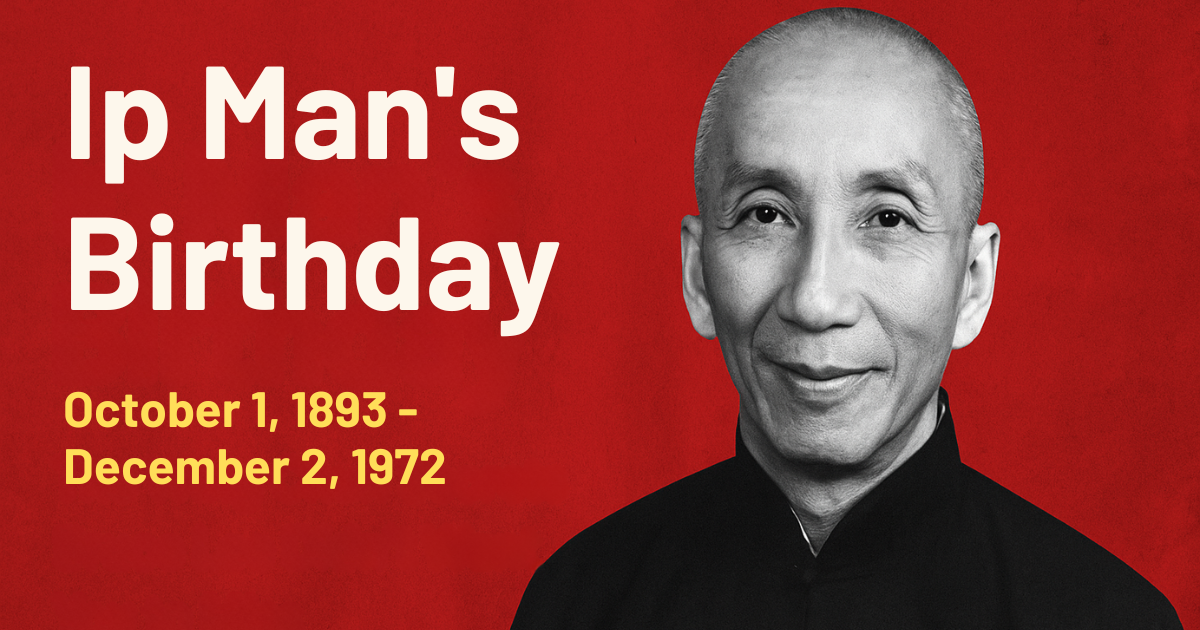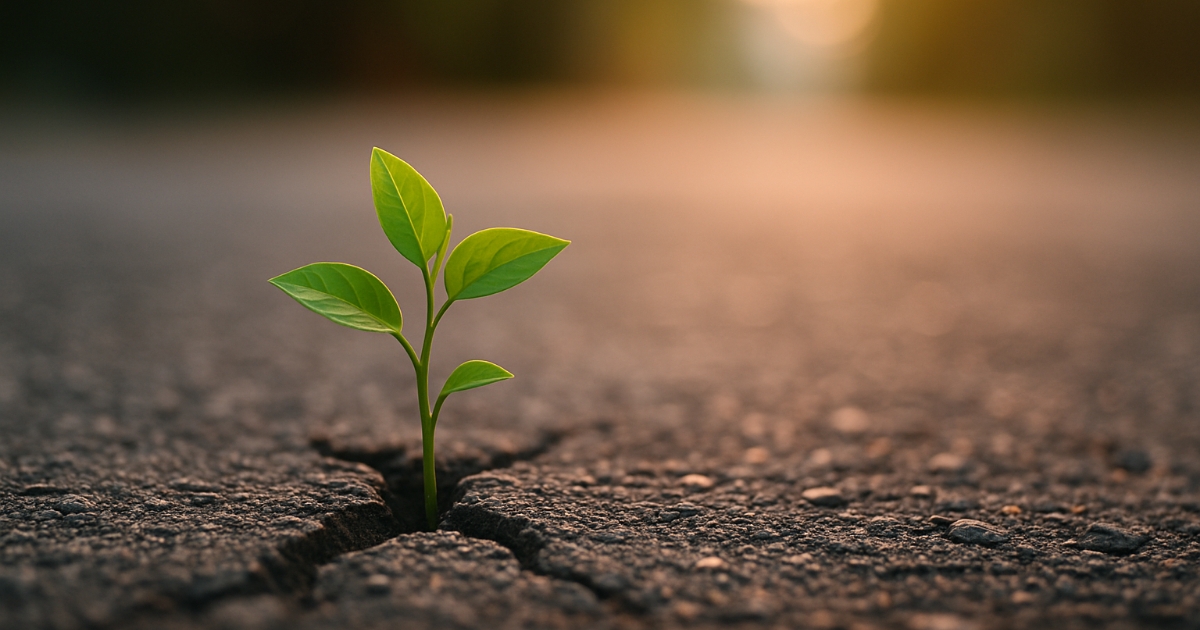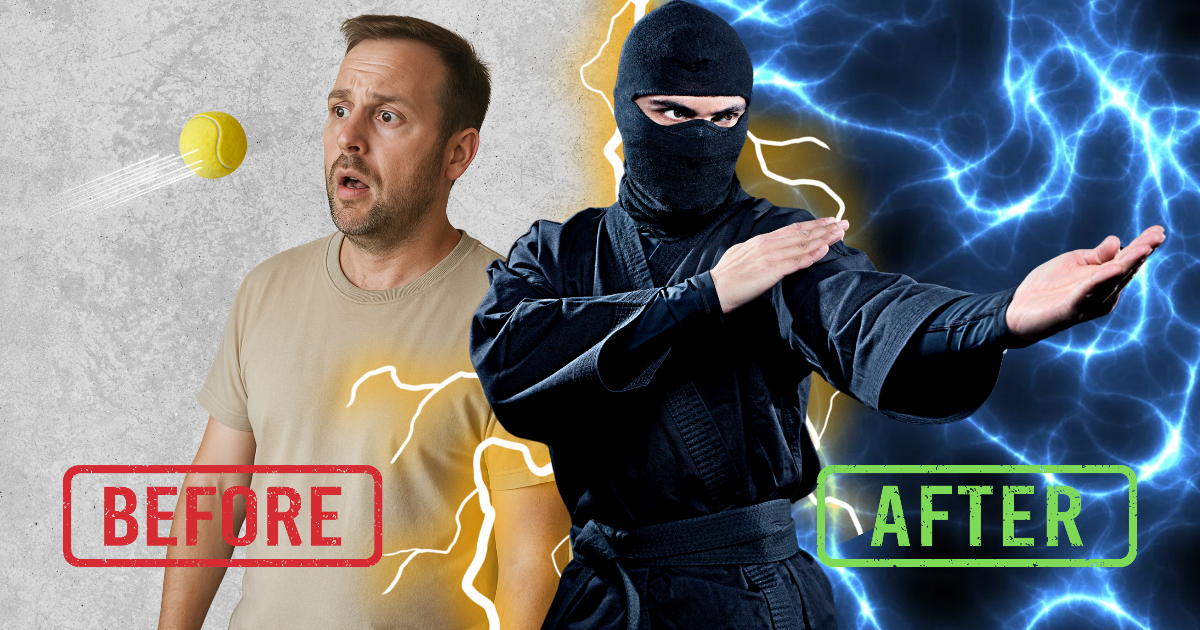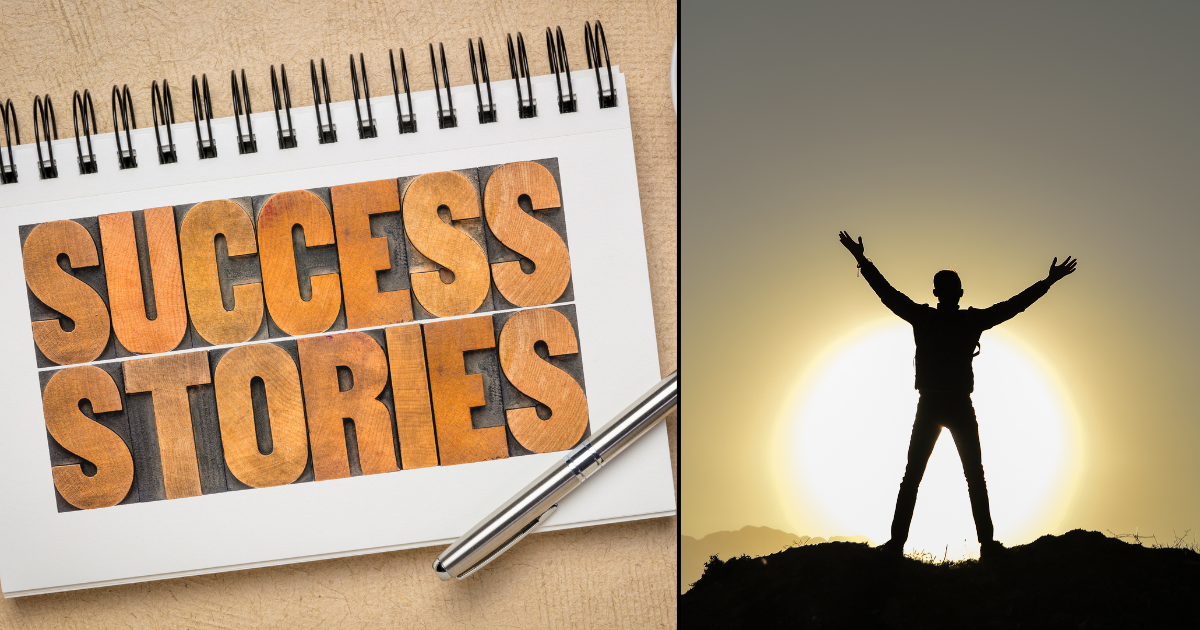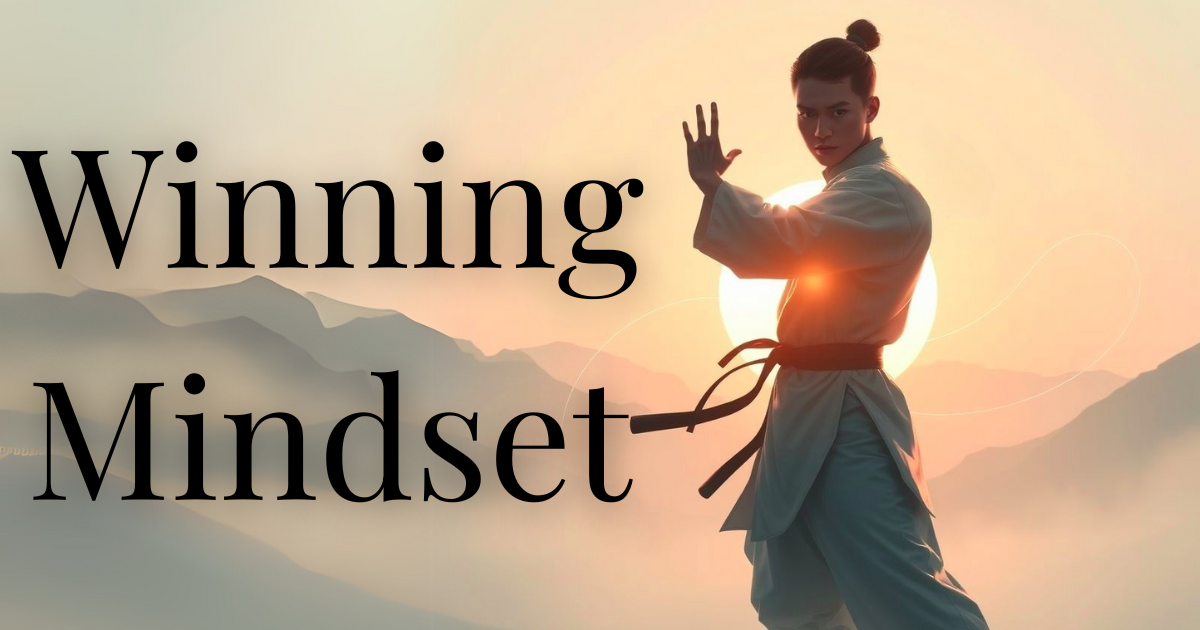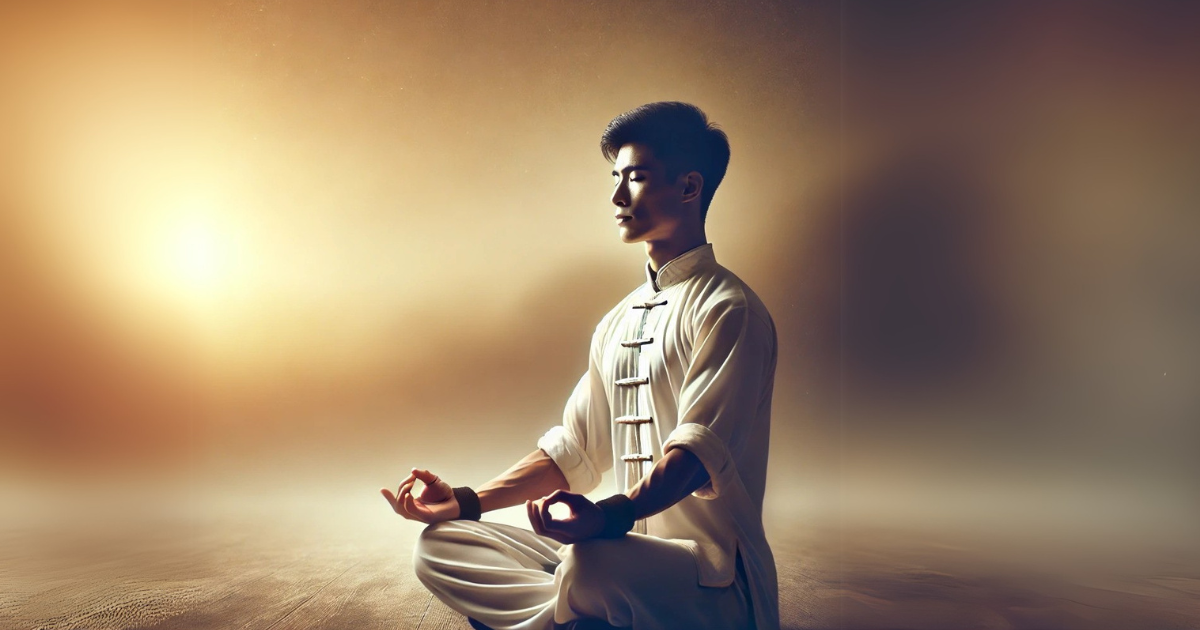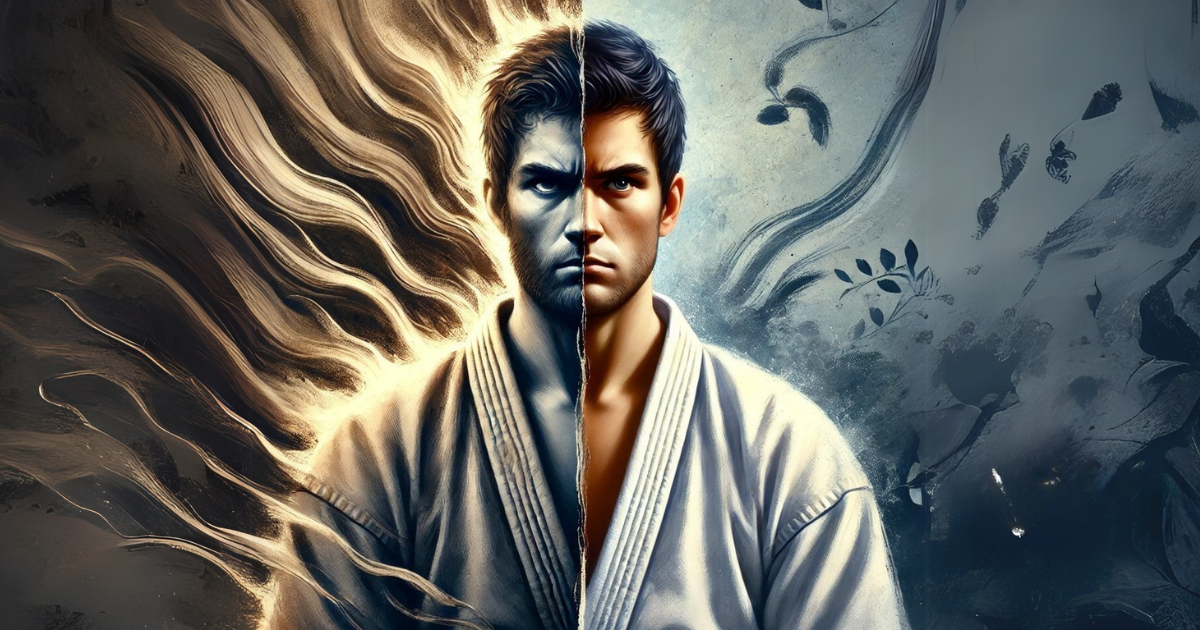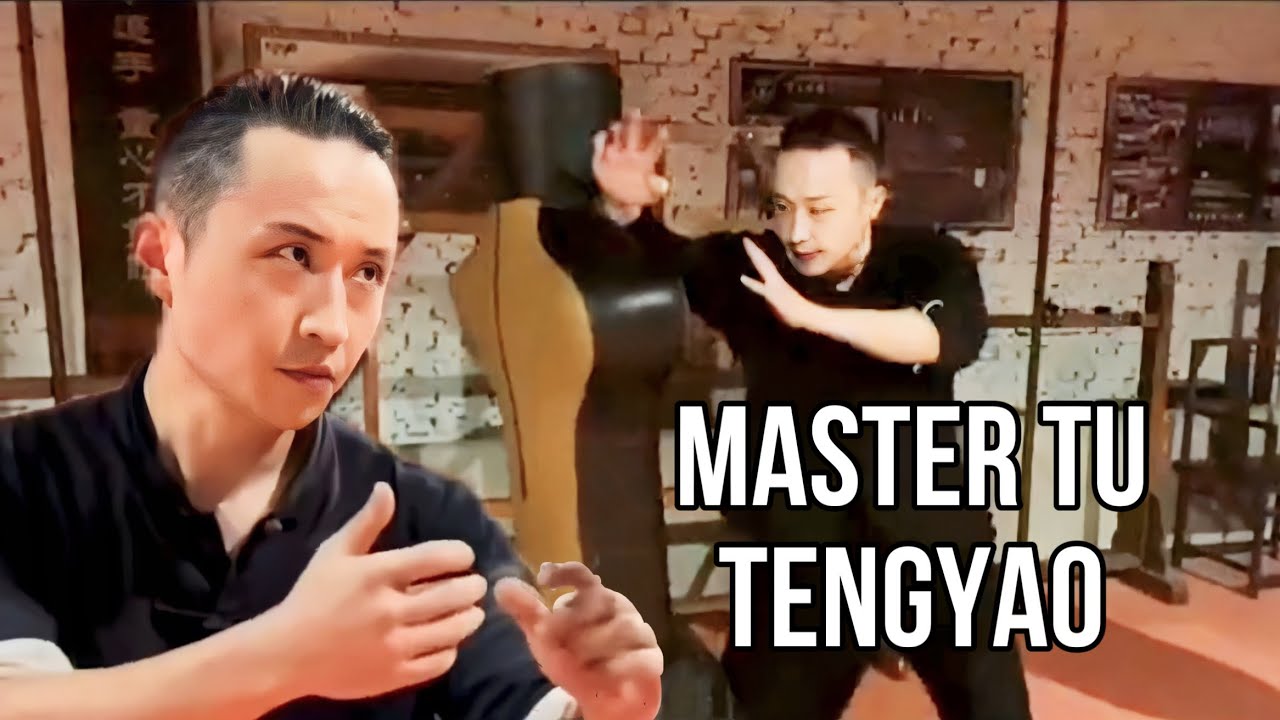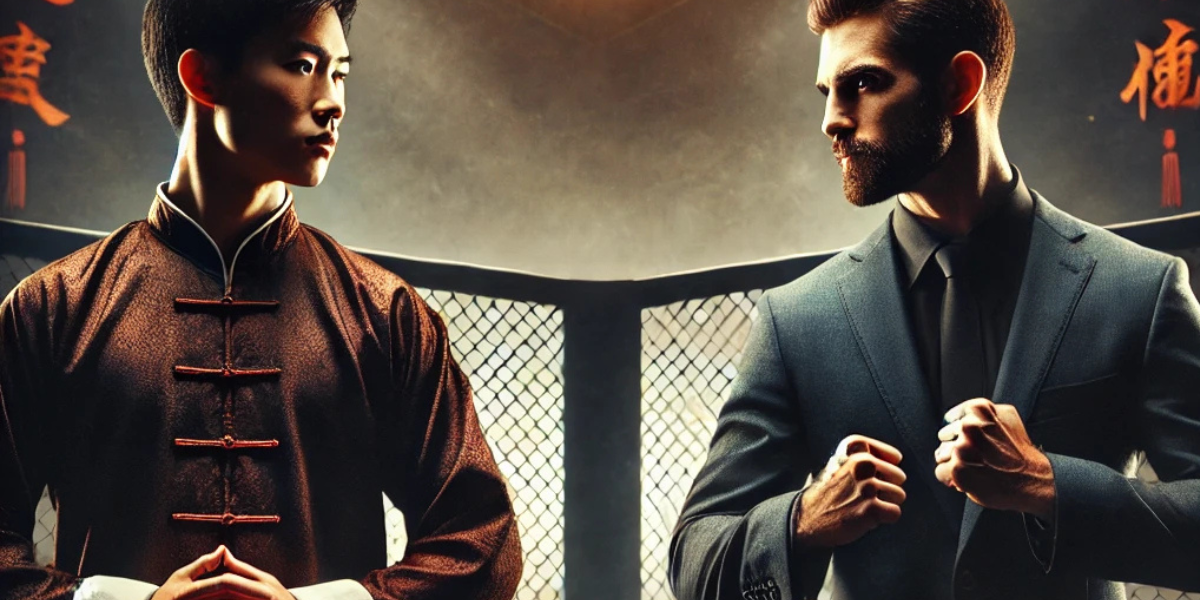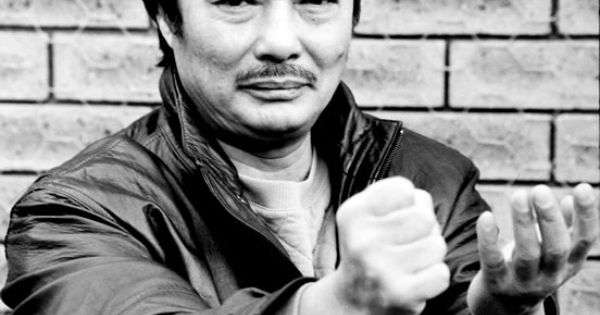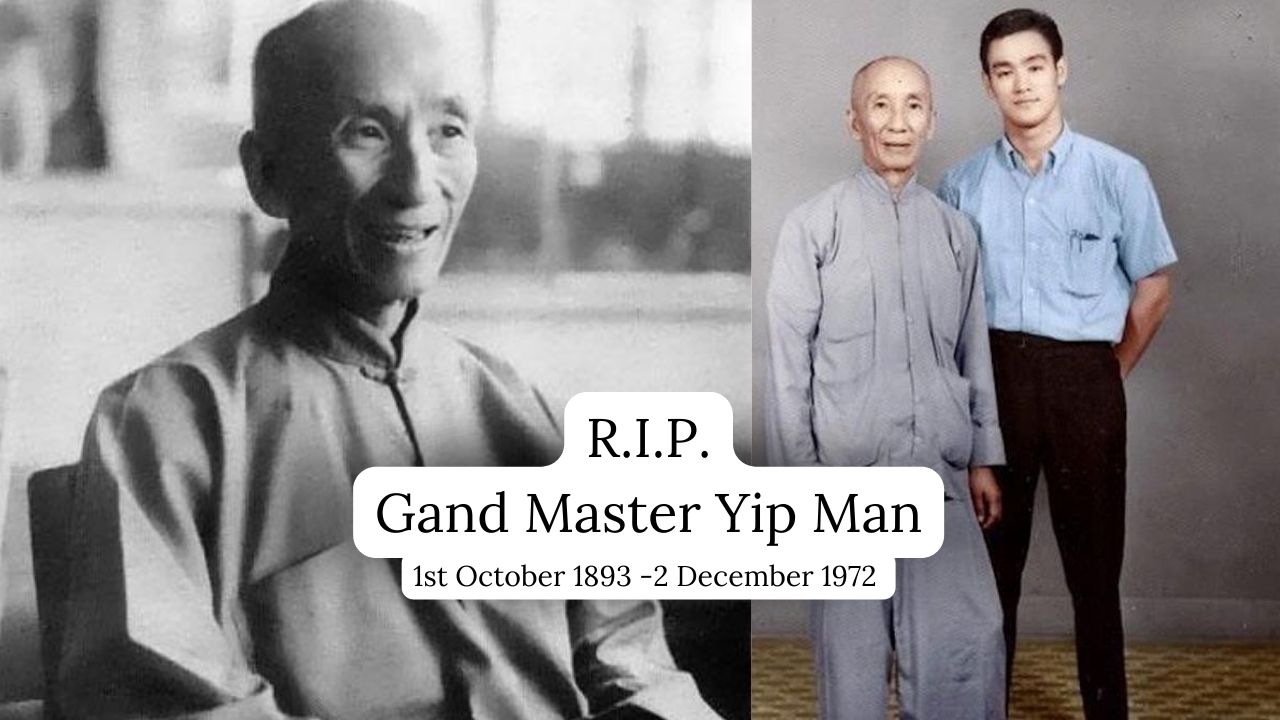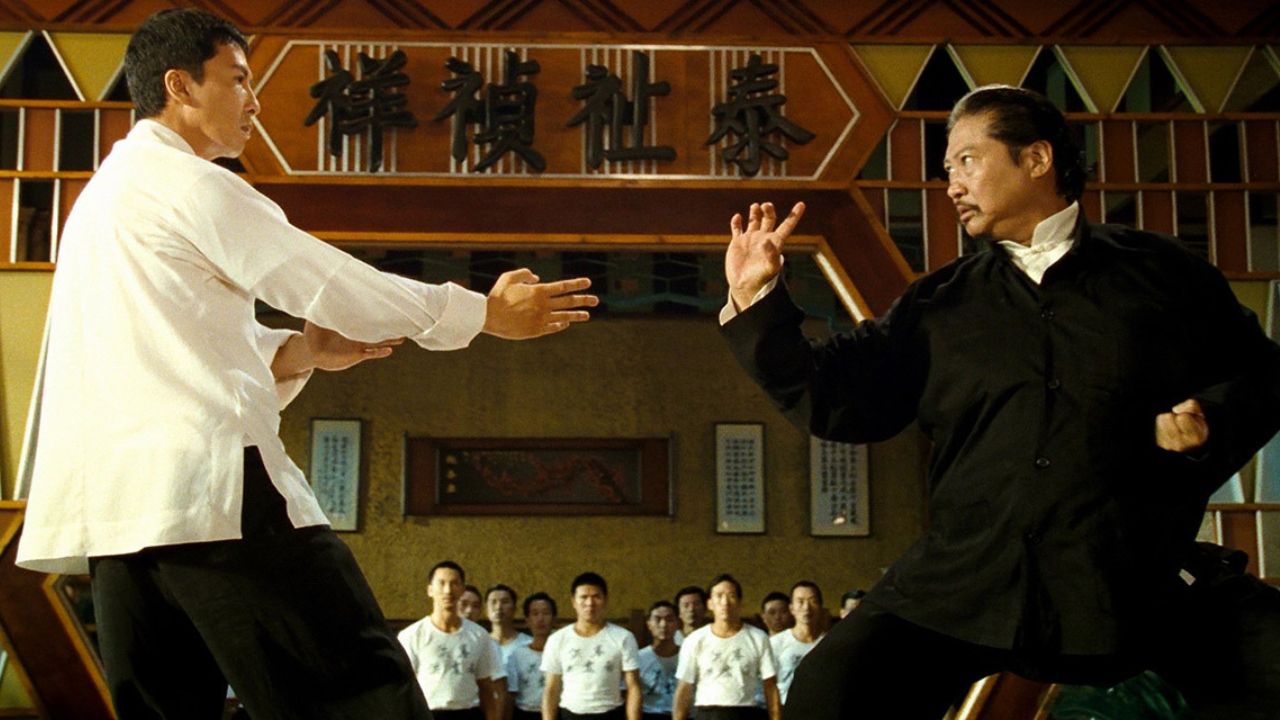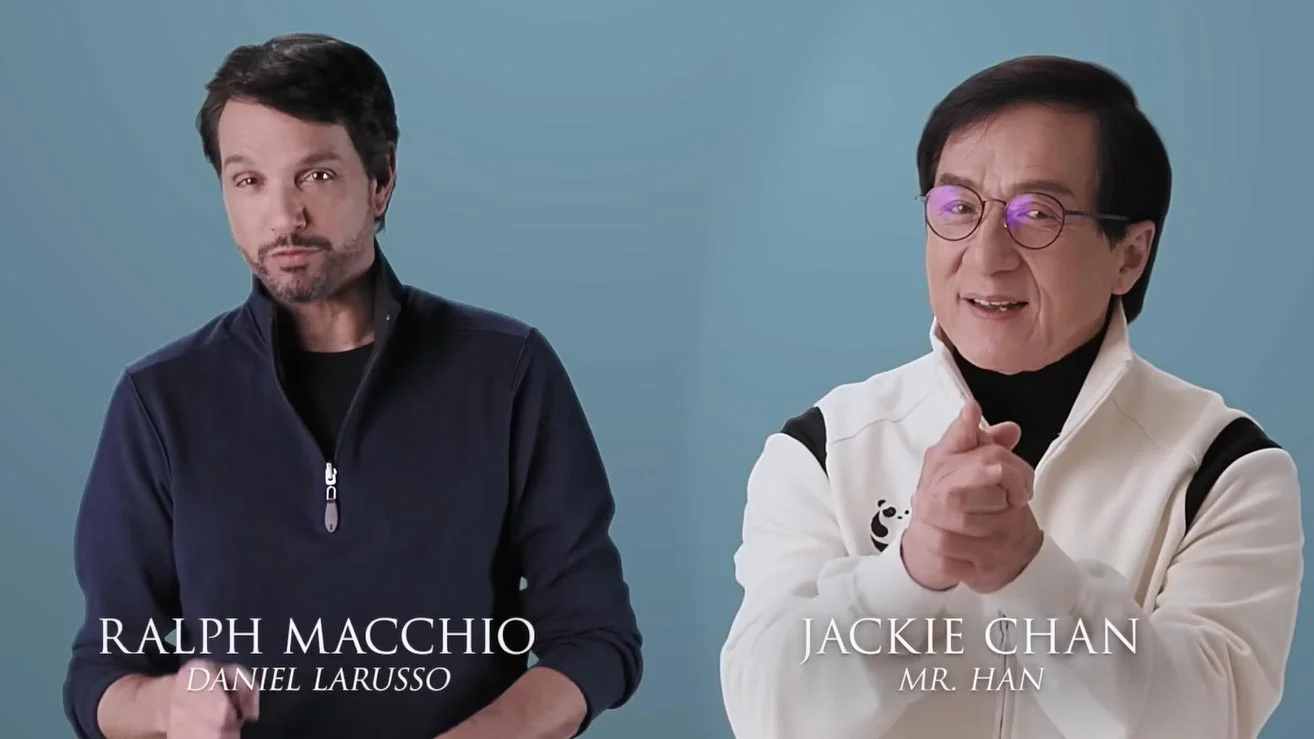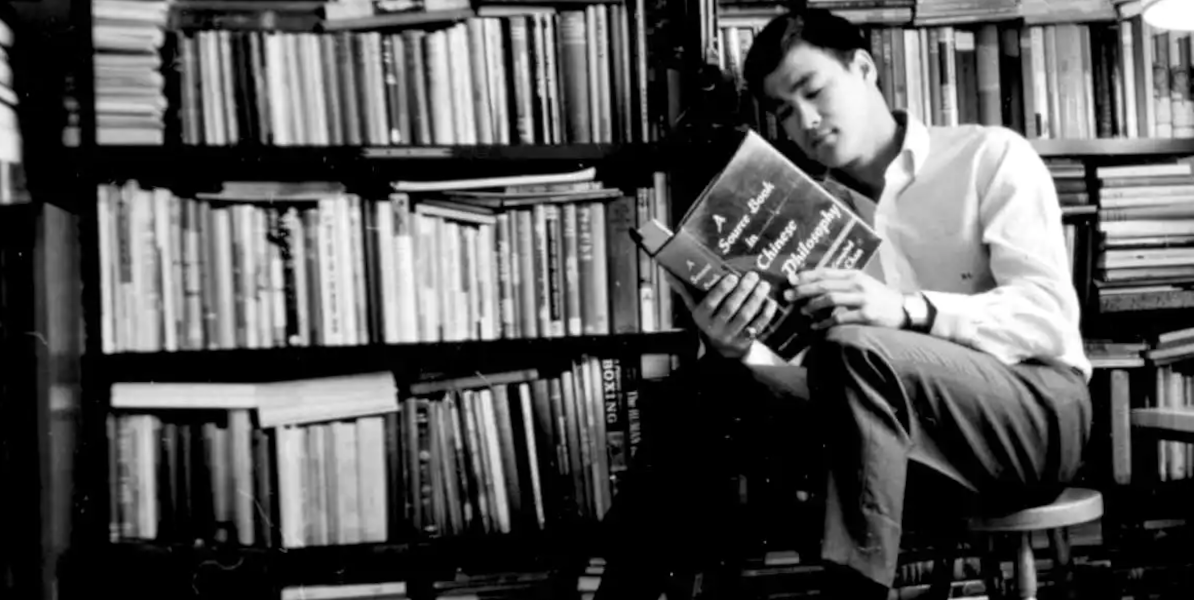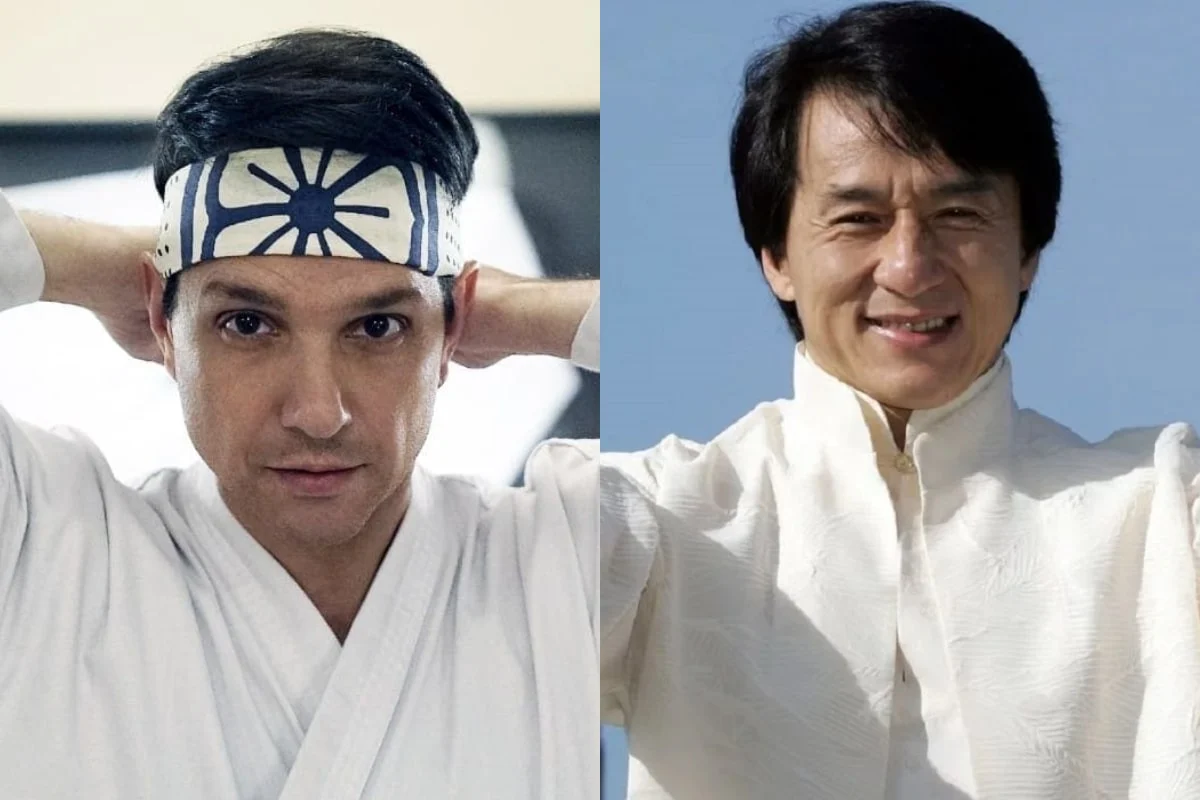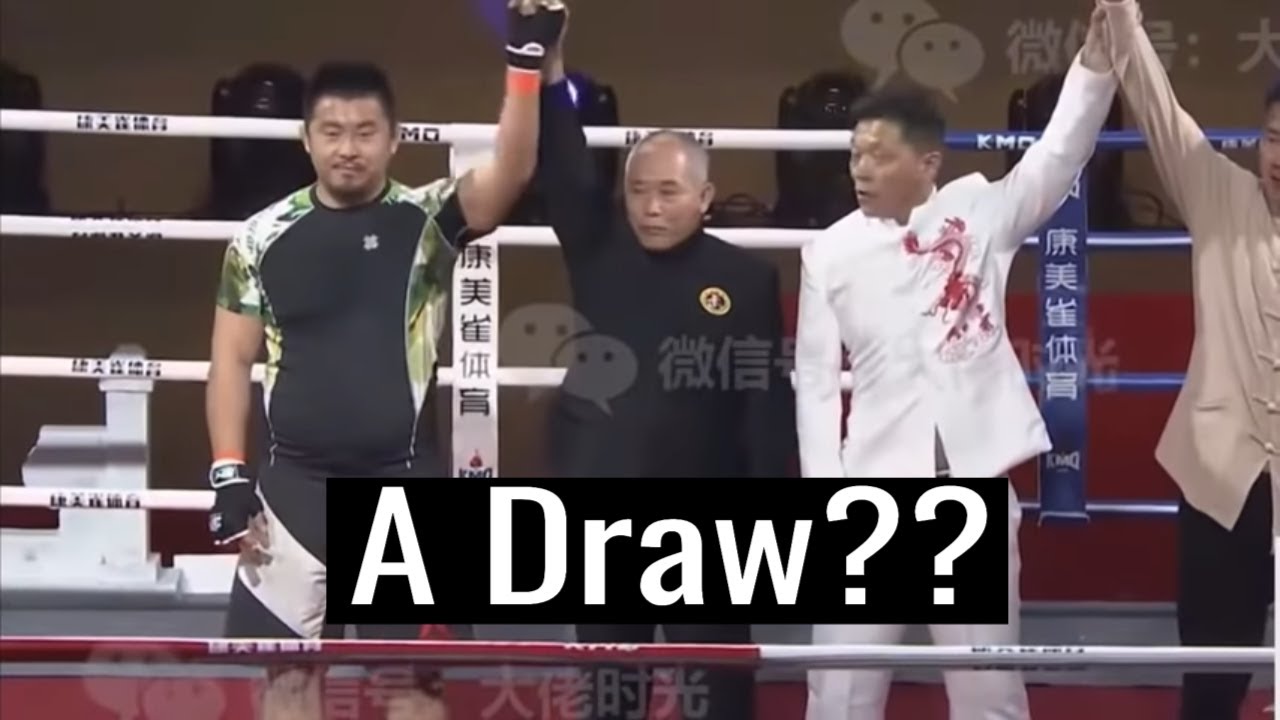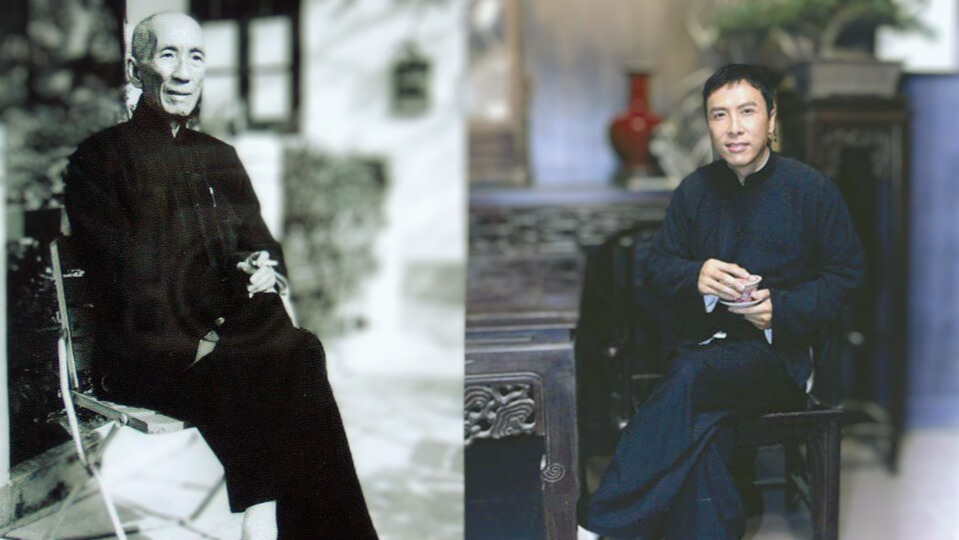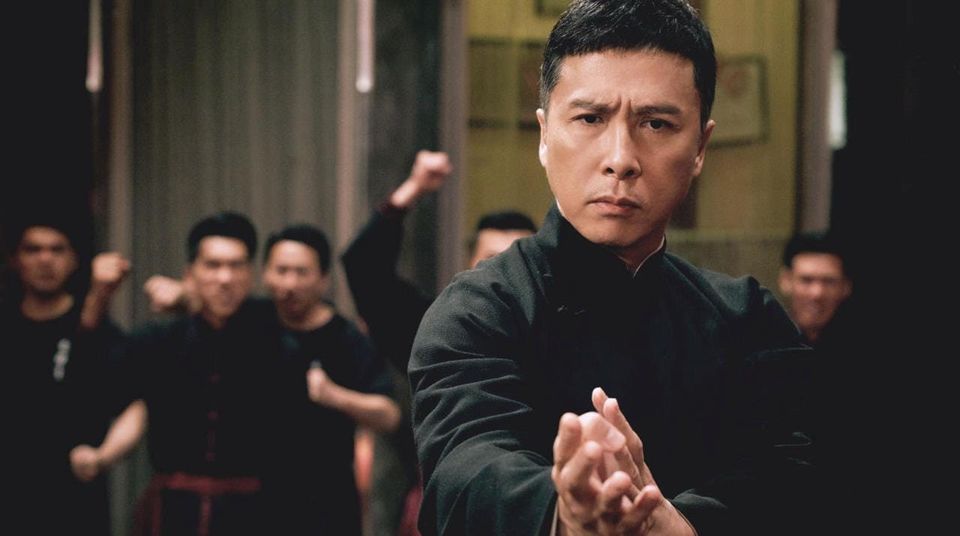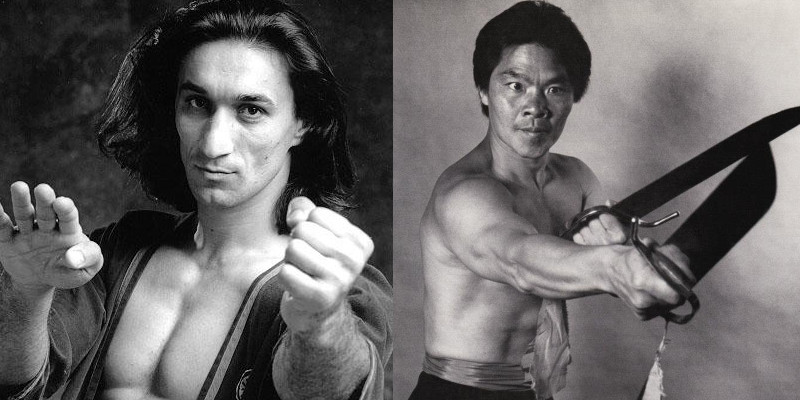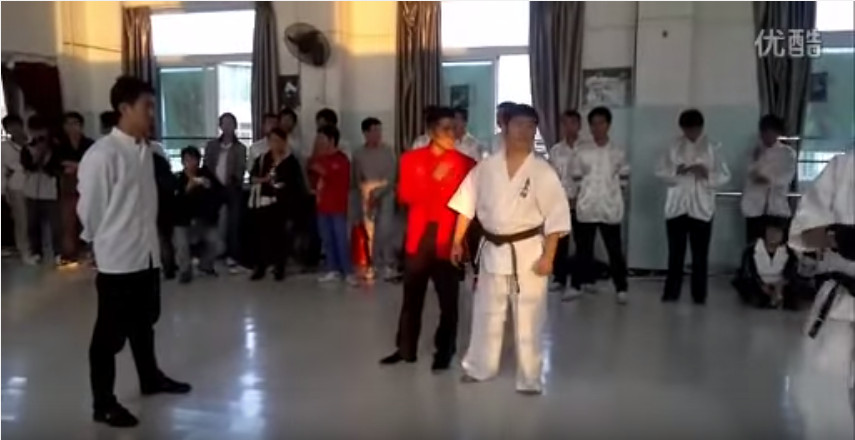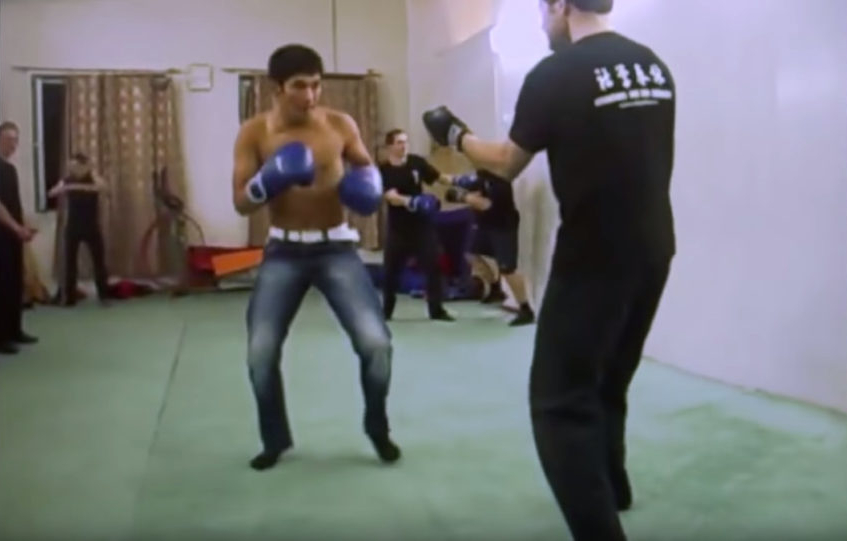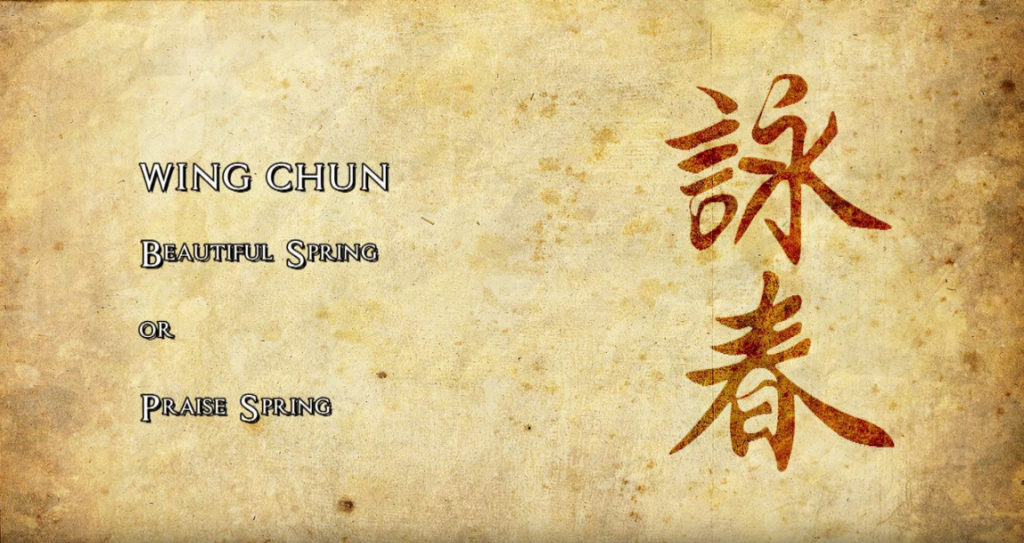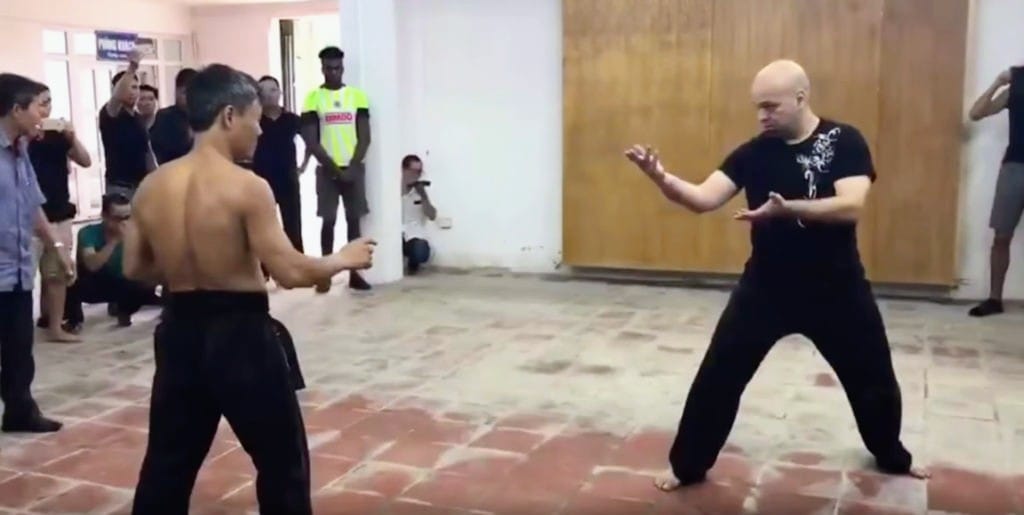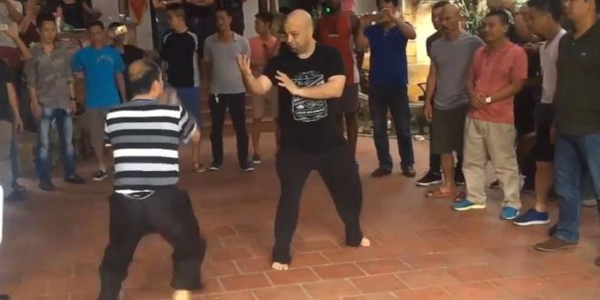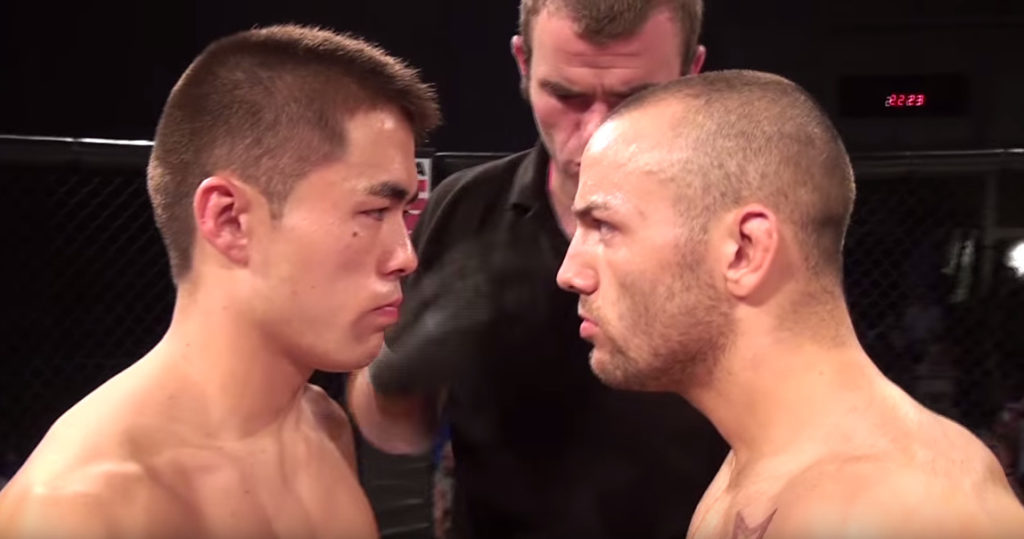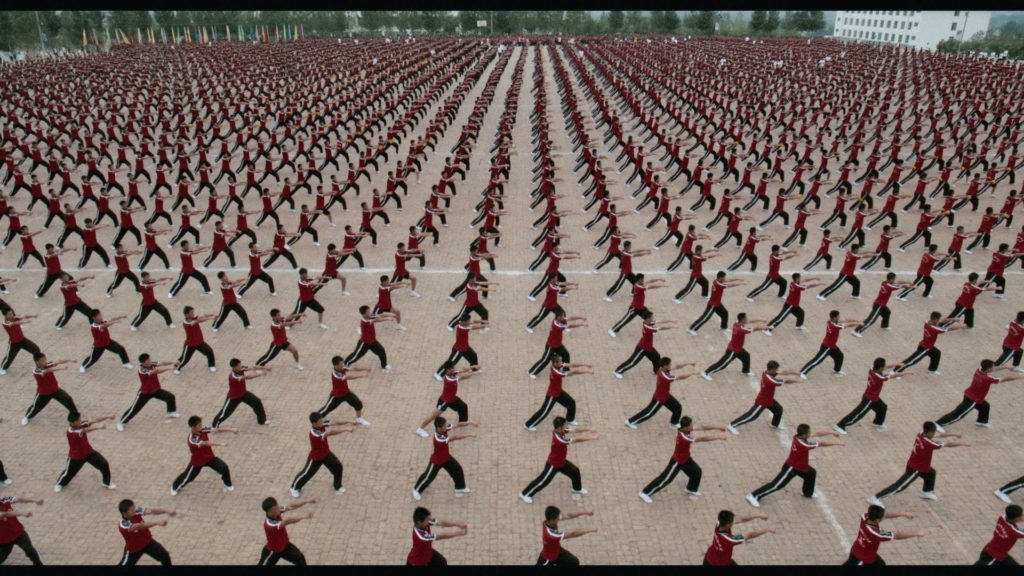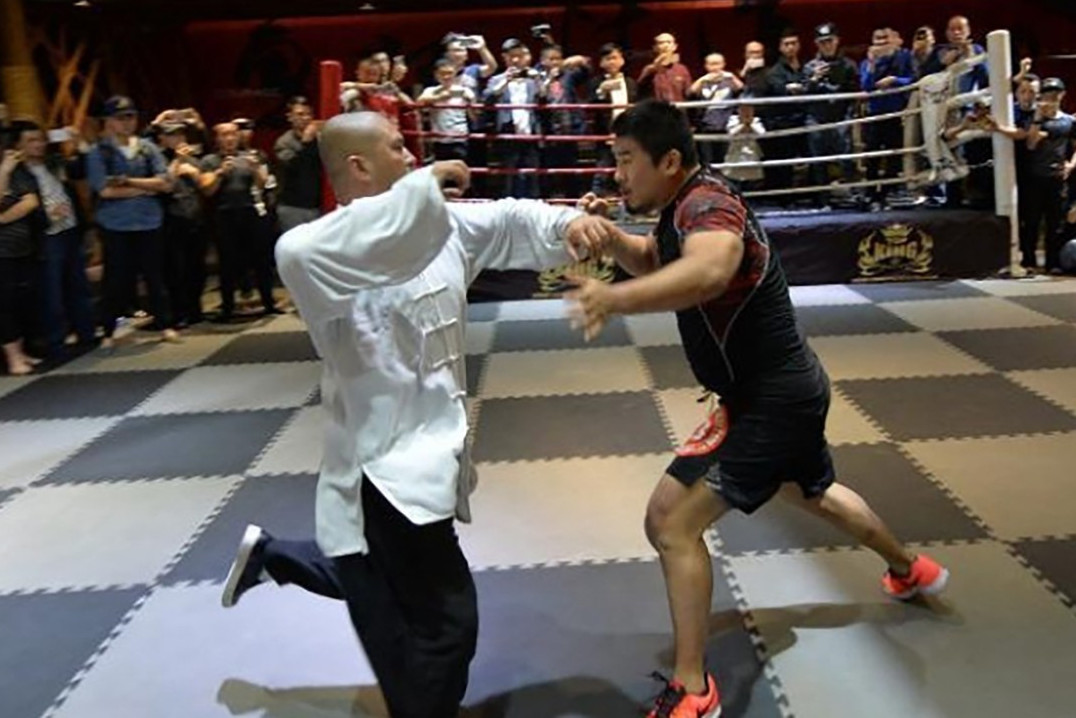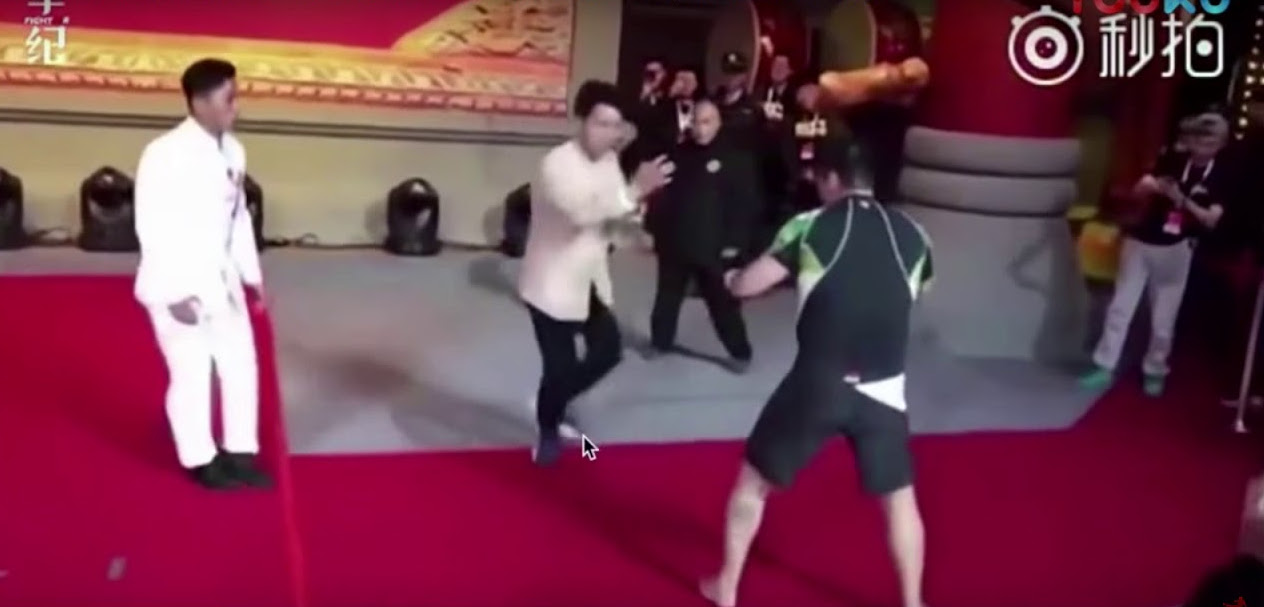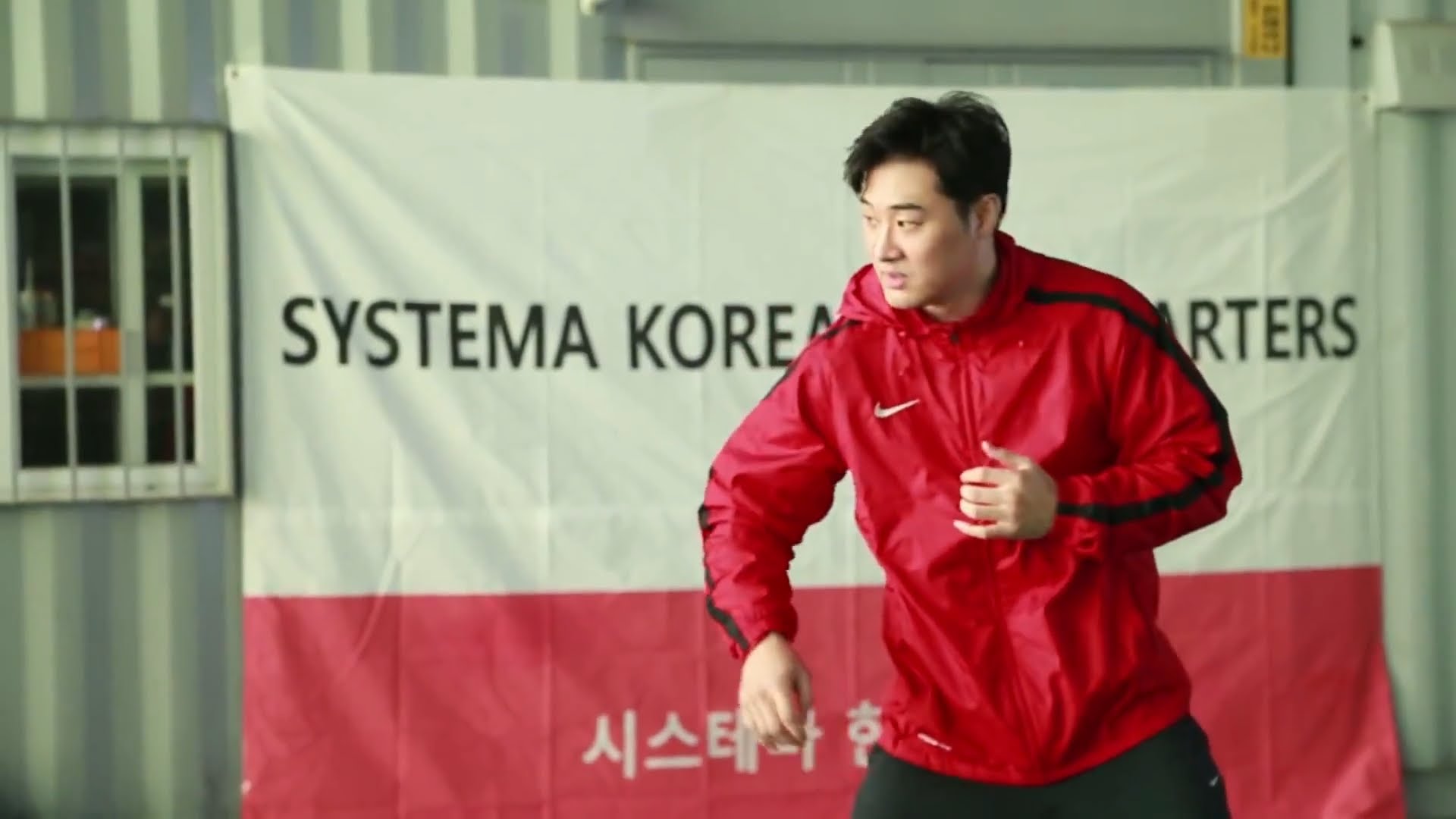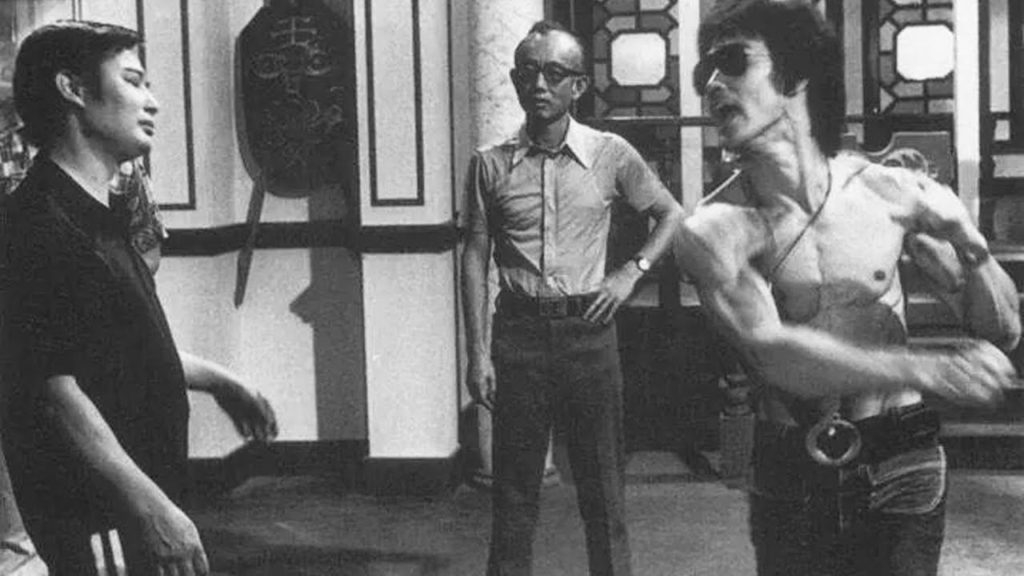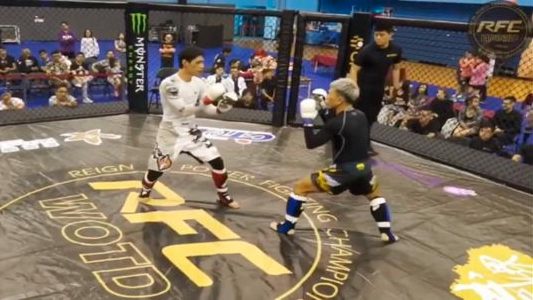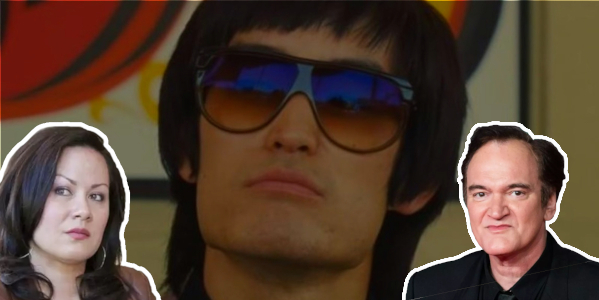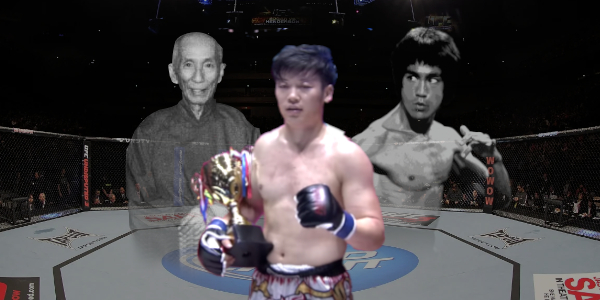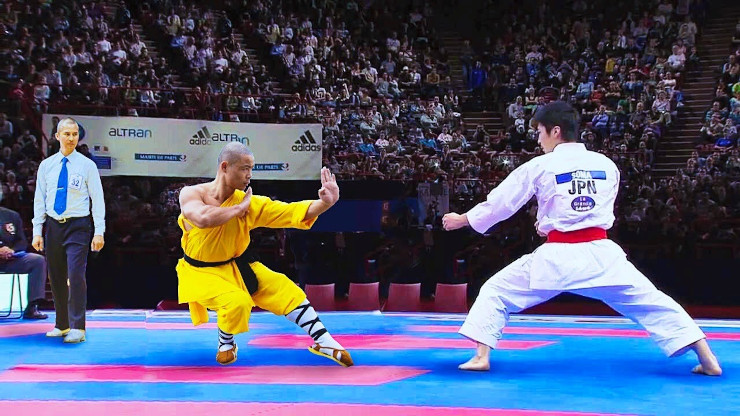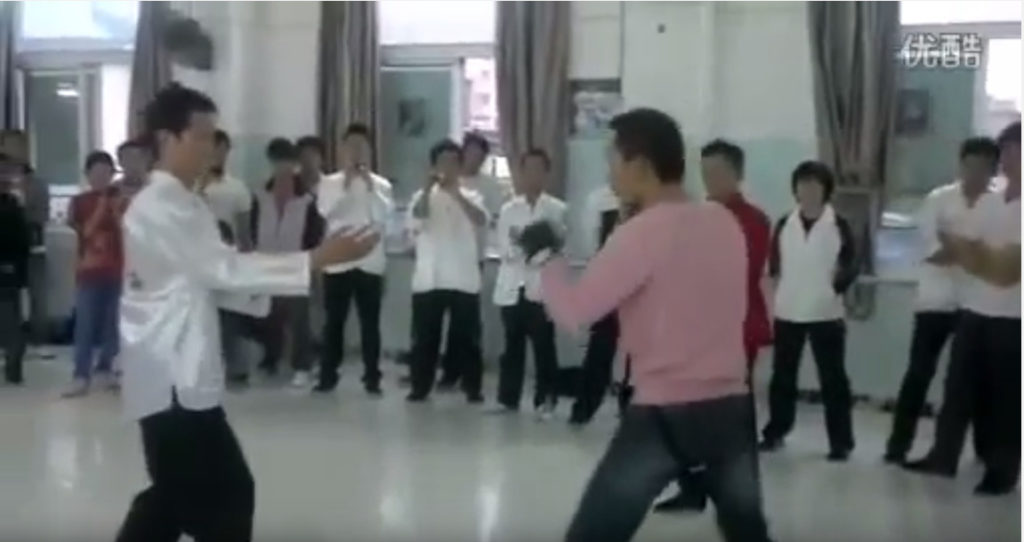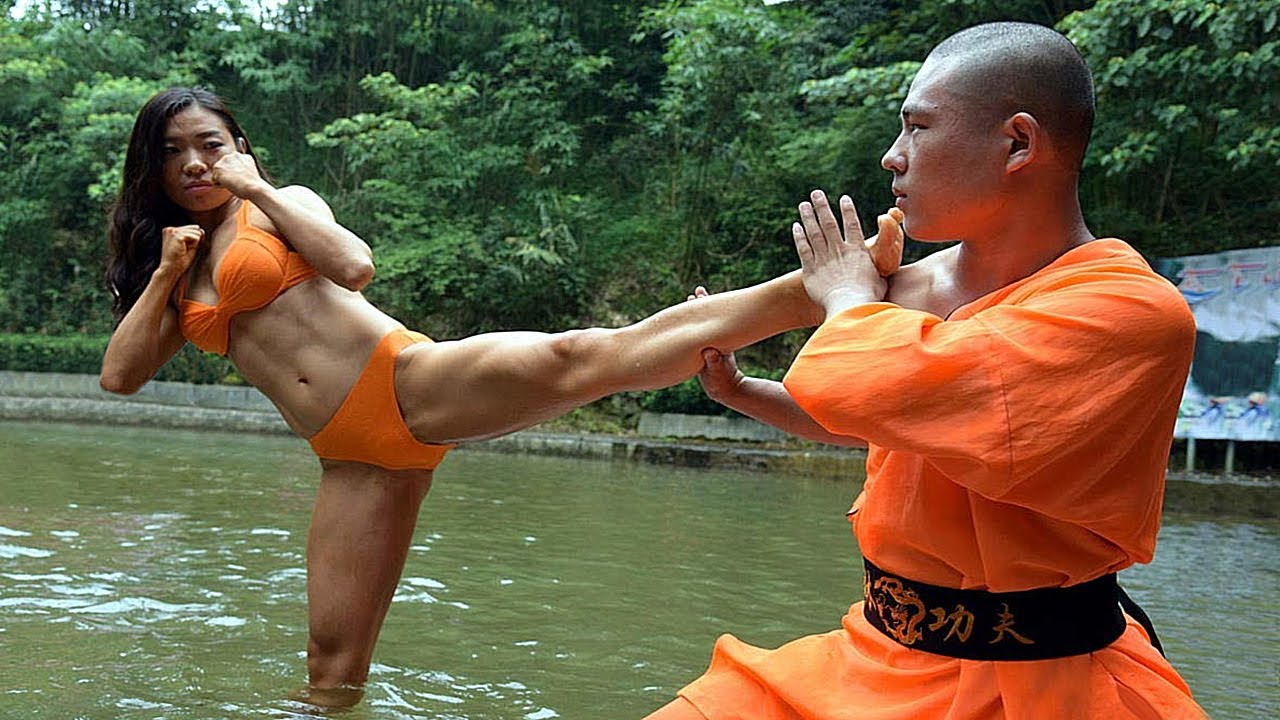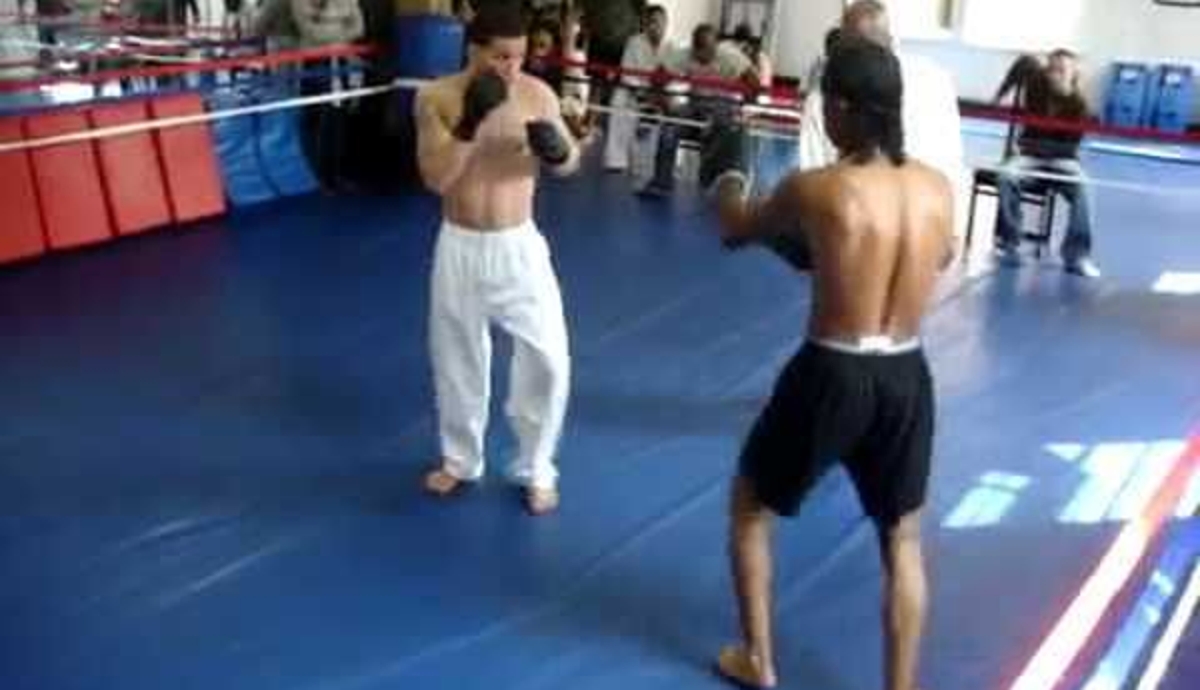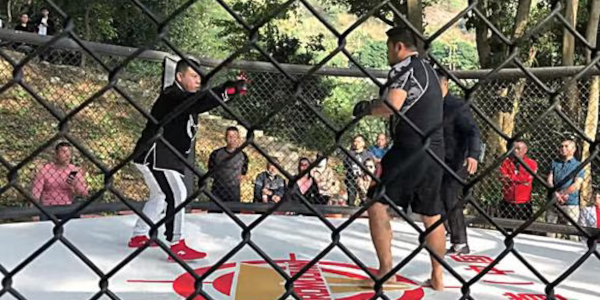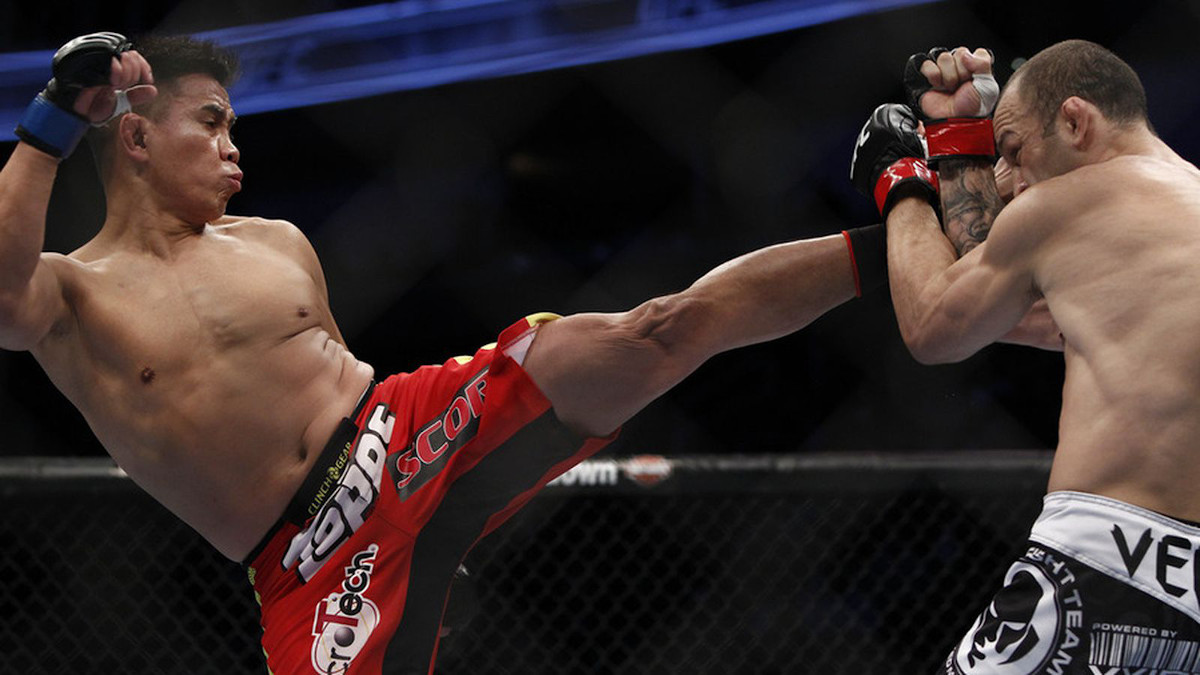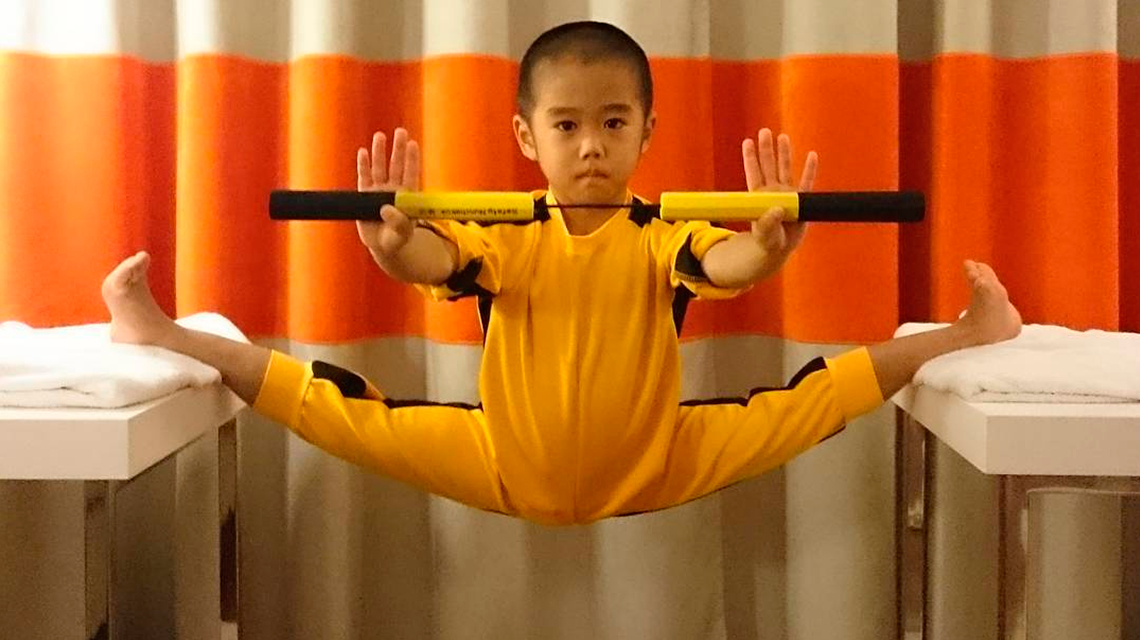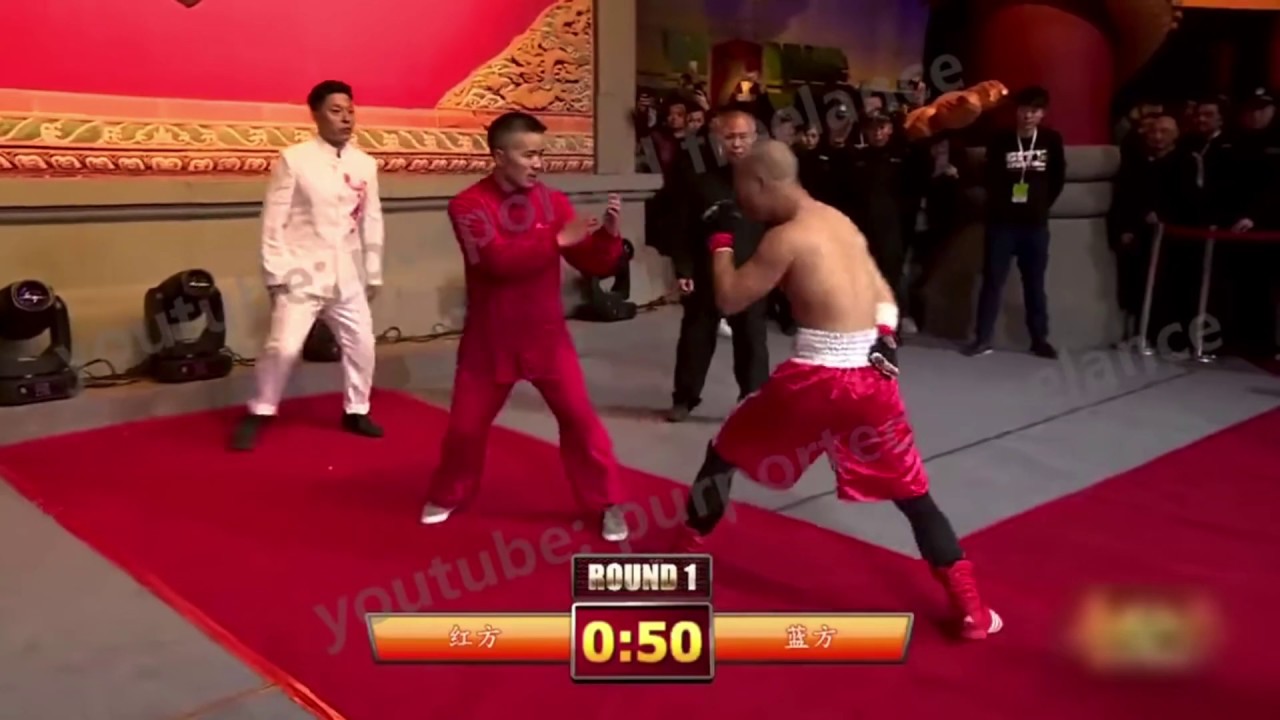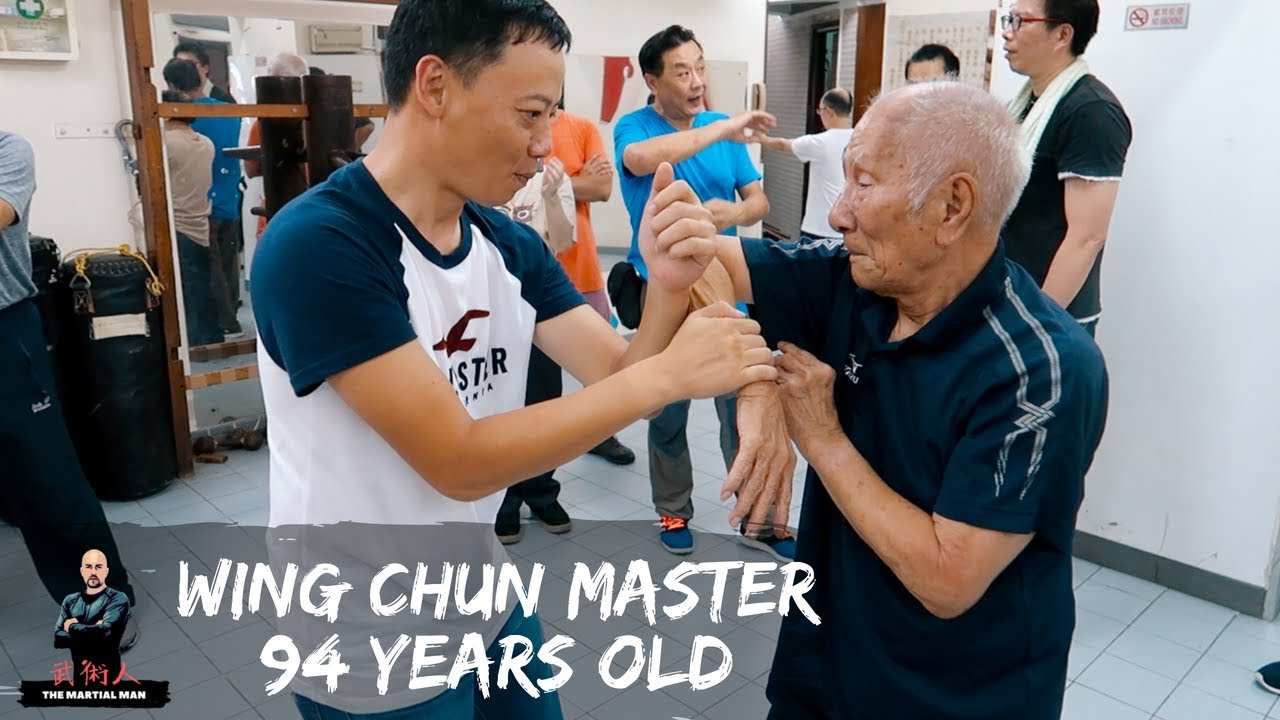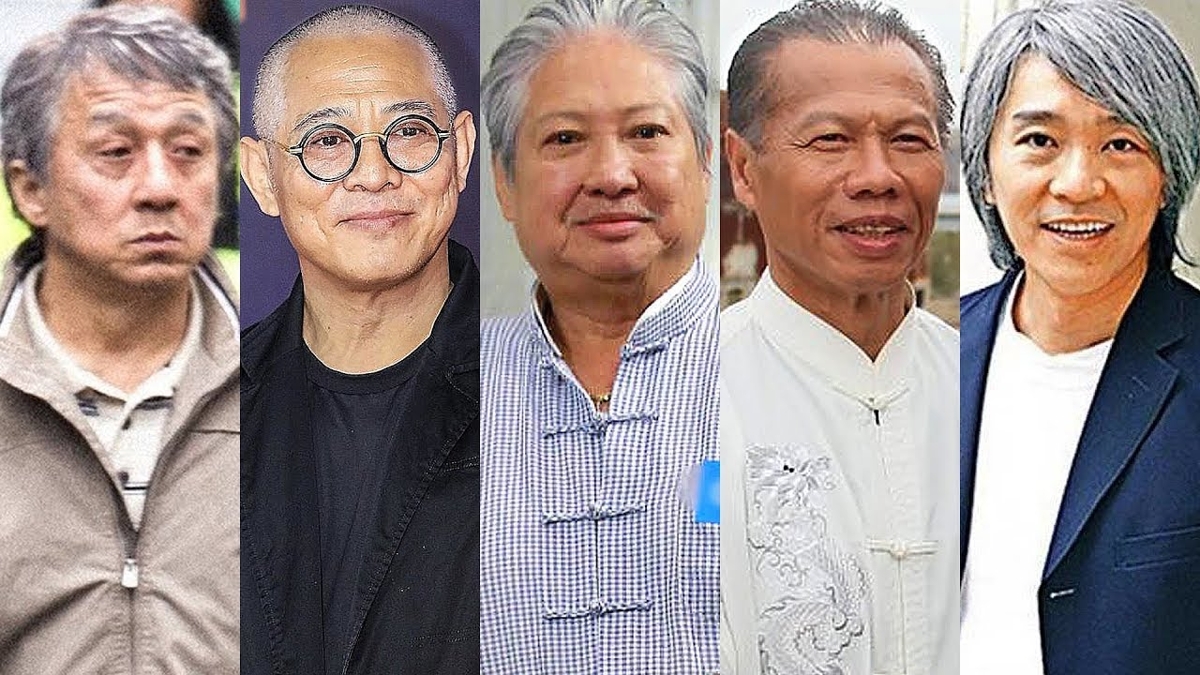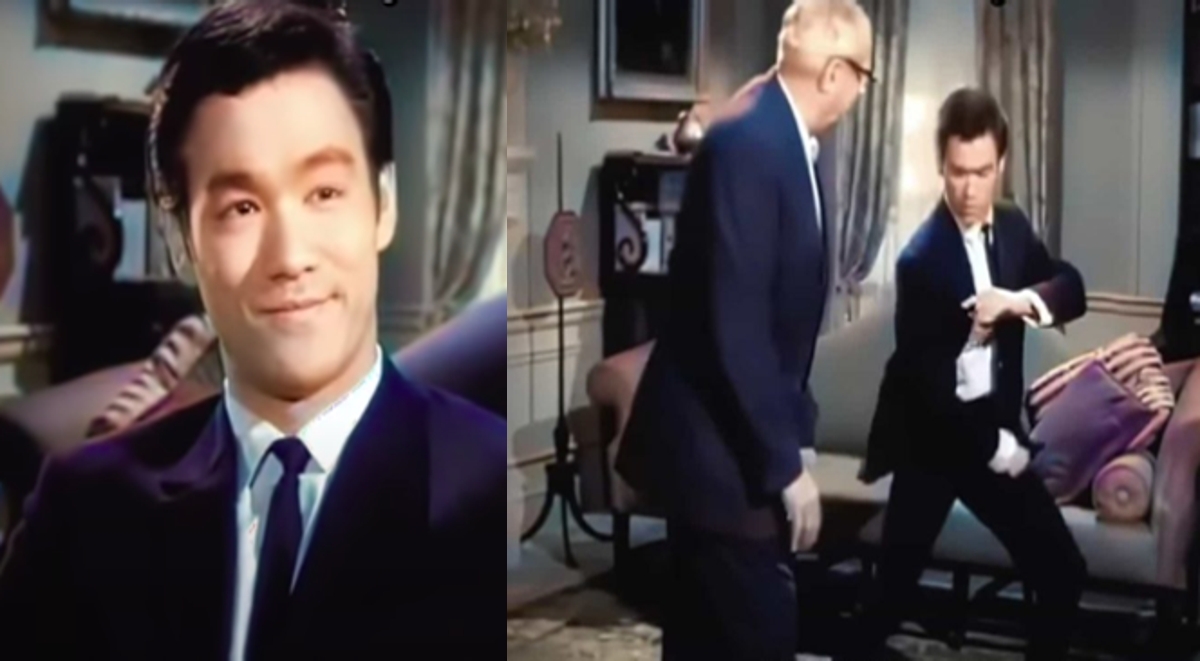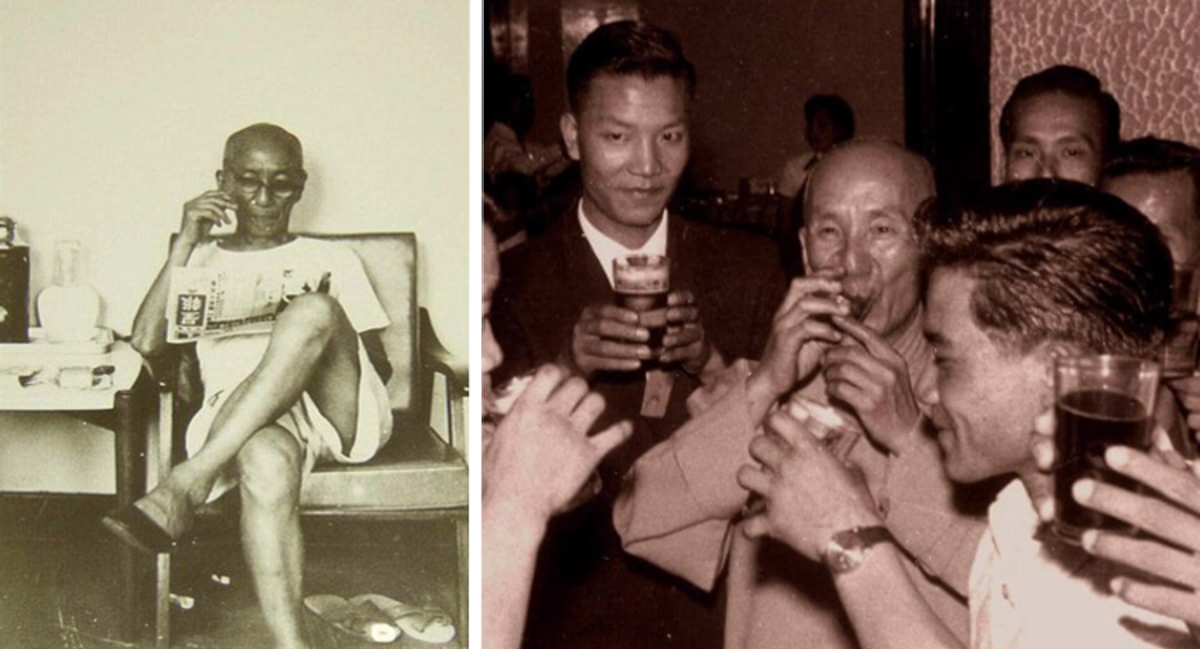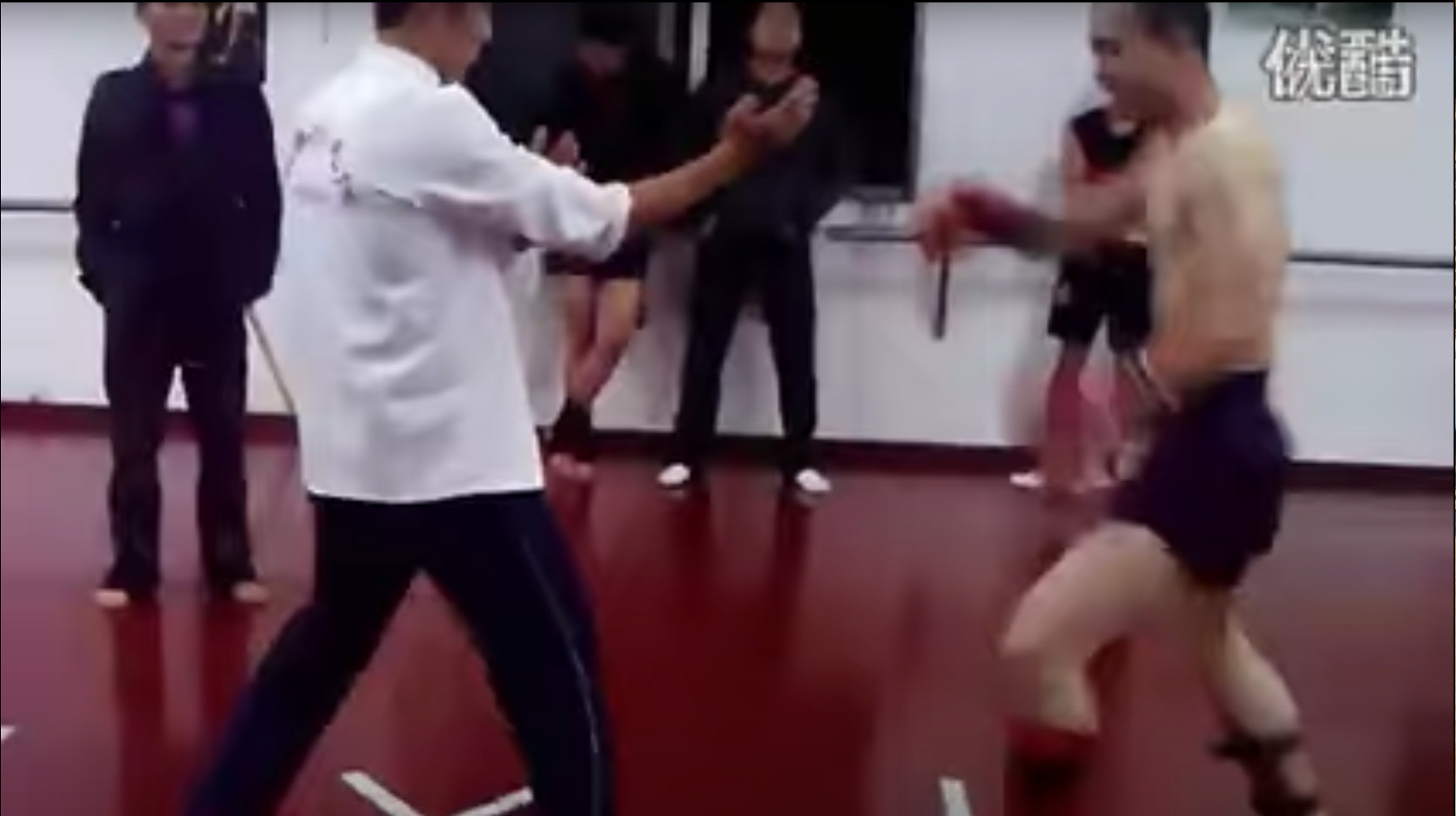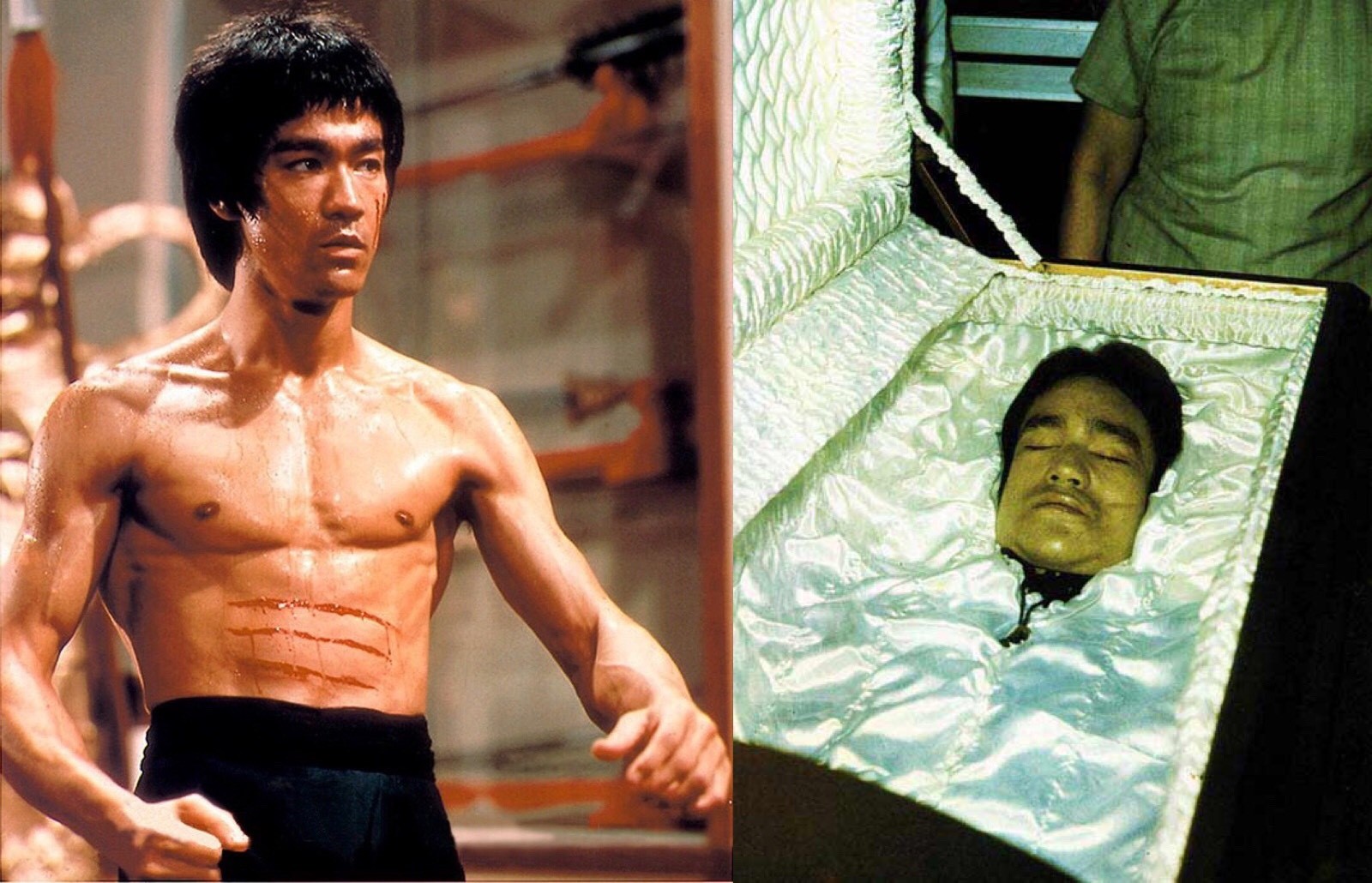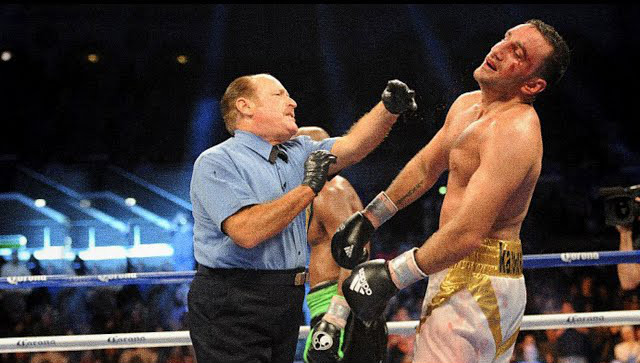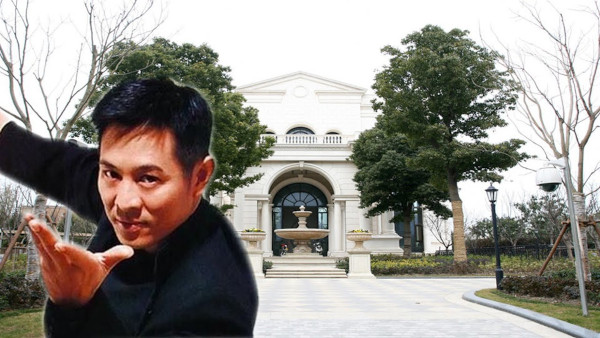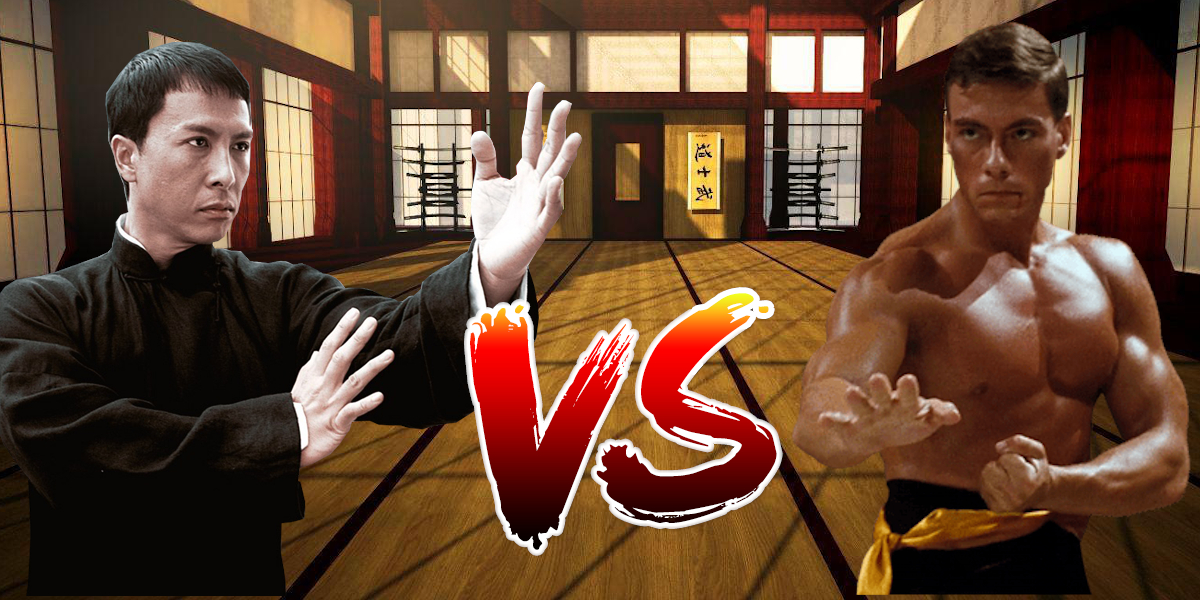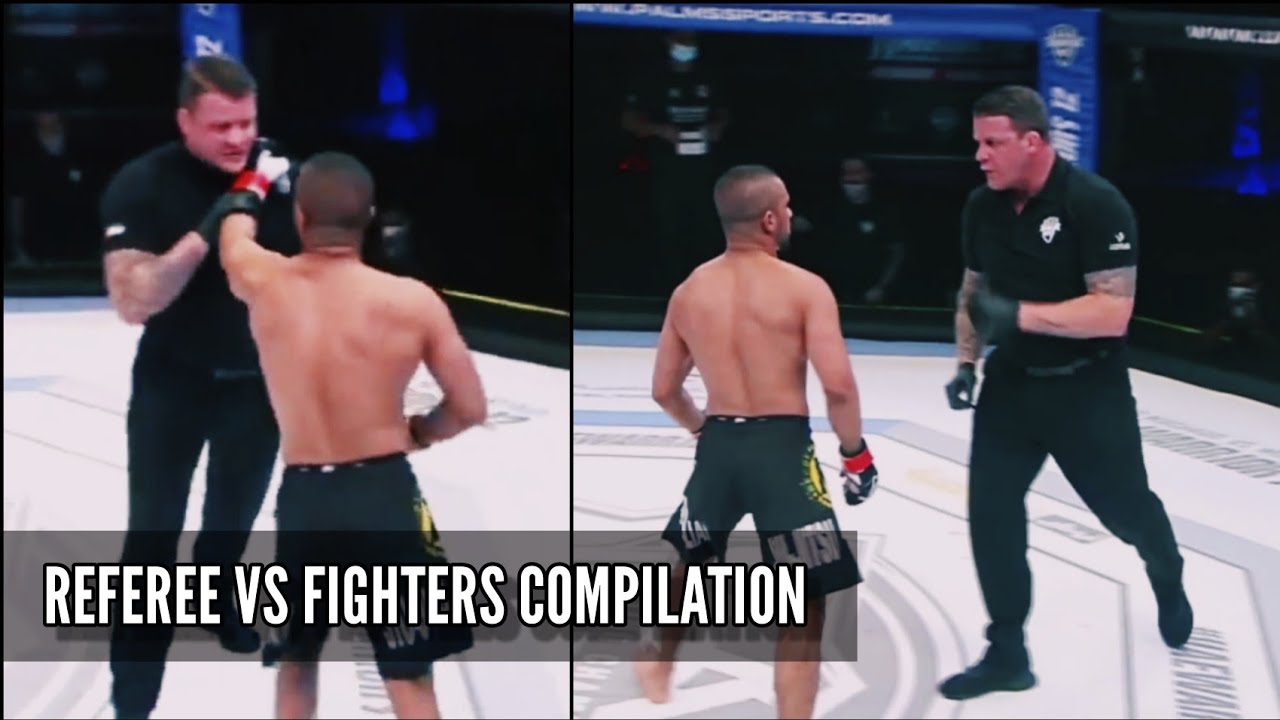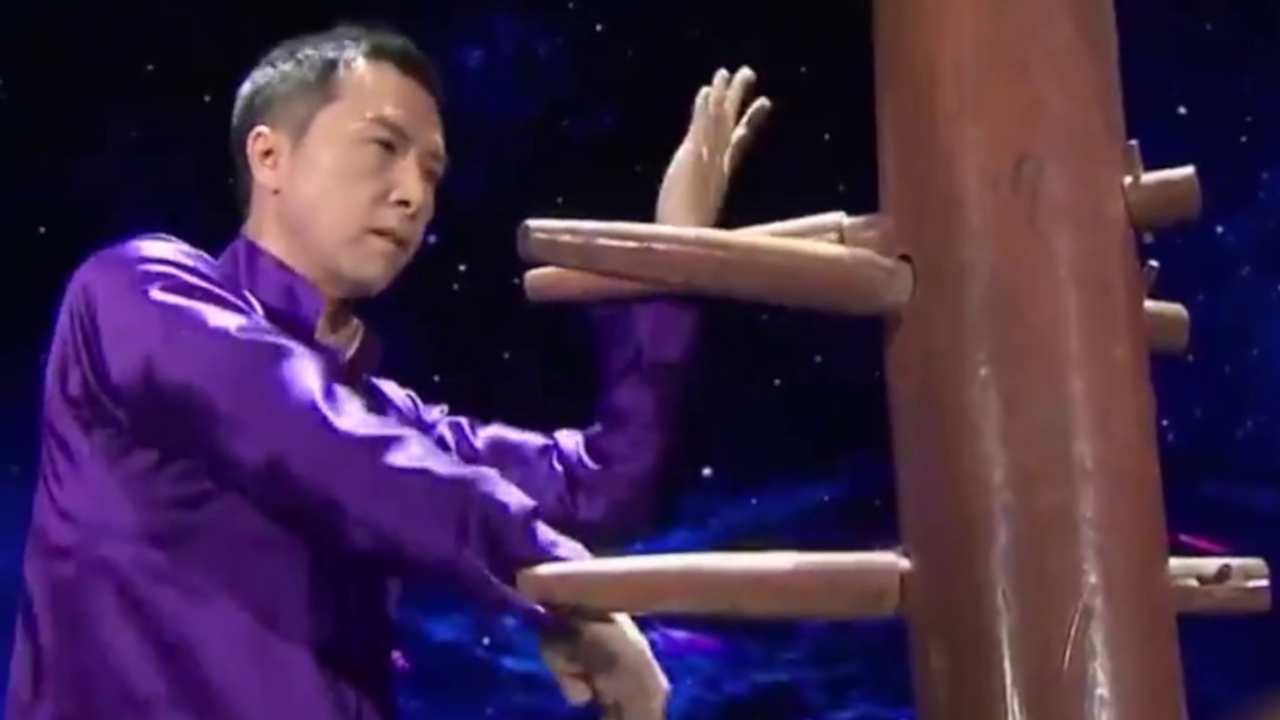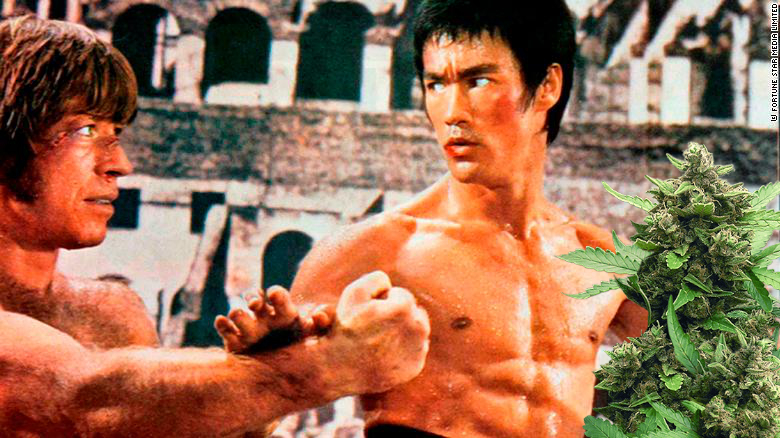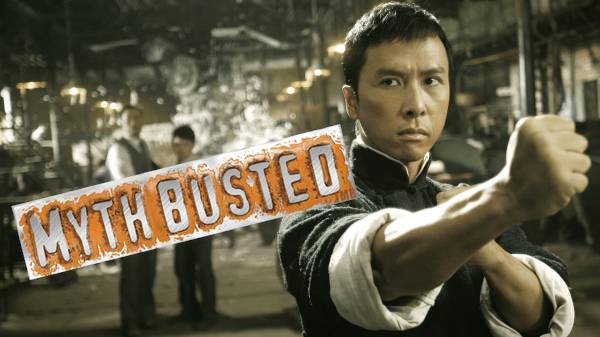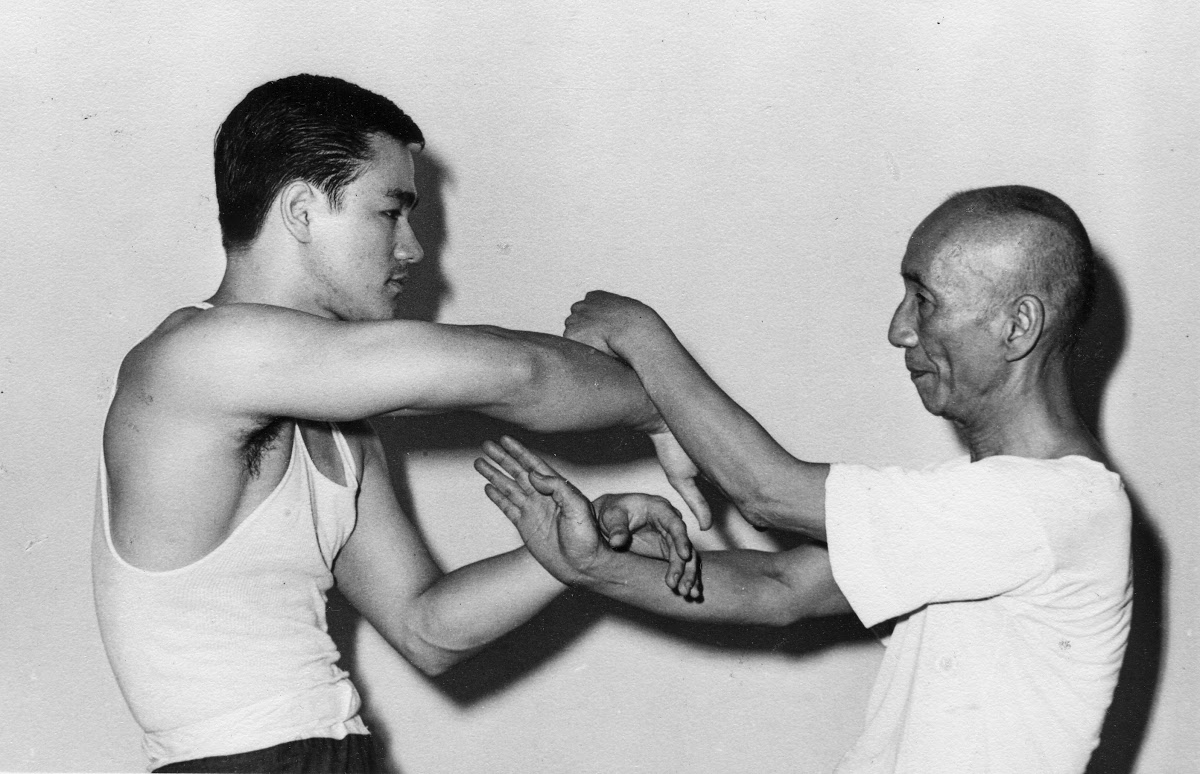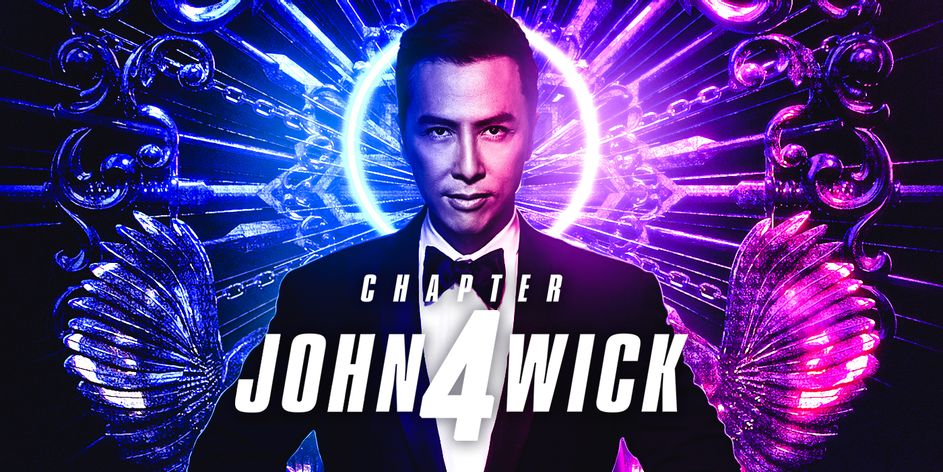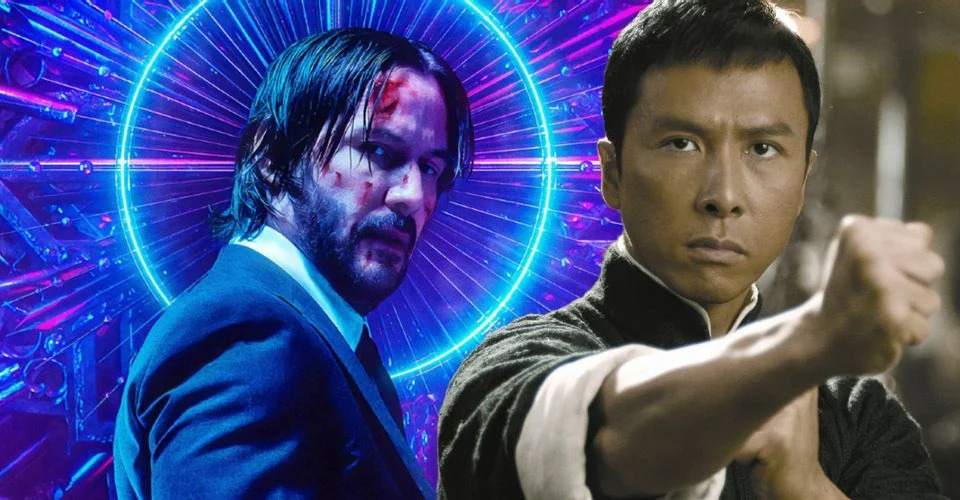Mastering Life's Chaos: Wing Chun's Blueprint for Inner Resilience
Reading time: 4 minutes
The Principles of Adaptability and Economy of Movement
At the heart of Wing Chun, adaptability is not just a technique but a way of life. It encourages practitioners to stay relaxed and fluid, much like water adjusting its flow around obstacles. This philosophy is crucial when handling life's adversities. Instead of resisting or breaking under pressure, Wing Chun practitioners develop the ability to redirect their energy for more effective outcomes, demonstrating the importance of adaptability in overcoming personal challenges.
Moreover, the principle of economy of movement mandates achieving maximum efficiency with minimal effort. This principle can guide individuals to conserve their mental and physical energy for moments that require strategic action. When navigating daily stresses, employing this principle ensures you maintain your strength to face any situation head-on.
Mental Resilience and Calm Focus
Mental resilience is another cornerstone of Wing Chun training. Practitioners are taught to maintain calm, controlling emotions and instincts even in chaos. This calm focus is pivotal when handling life's storms. Whether managing work stress, confronting personal issues, or braving emotional upheavals, maintaining a clear, calm mind allows for strategic responses that are grounded in reality rather than panic.
Learning Wing Chun is like gaining a new perspective on life. For those eager to dive deeper, our e-book "Wing Chun: Practical Introduction to Self-Defense" is an accessible resource that promises to enhance your journey, currently on sale with a 55% discount. It's a perfect companion for those wishing to translate Wing Chun wisdom into daily application.
Standing Firm: Balance in Chaos

In life and Wing Chun, balance is paramount. Training teaches practitioners to maintain physical equilibrium even when external forces threaten to unseat them. This translates to the mental realm, where staying balanced amidst life's chaos is equally important. It's about managing your mental standing so you can remain upright, no matter the circumstances.
Our e-book offers a free chapter that delves deep into techniques to maintain this balance. It's not merely about physical training; it fosters psychological endurance: a key to thriving even when life hurls unexpected challenges your way.
The Art of Strategic Response
Wing Chun isn't just about reacting; it's about strategically responding. Practitioners learn to analyze an opponent's energy and respond in the most efficient way. This approach is invaluable when facing adversity; it shifts focus from a reactive mindset to a proactive one, where your energy is optimally directed for the best outcome.
Techniques like the "Centerline Theory," where practitioners understand the shortest path to success, can be applied to personal and professional decisions alike, enabling practitioners and enthusiasts to navigate all aspects of life effectively.
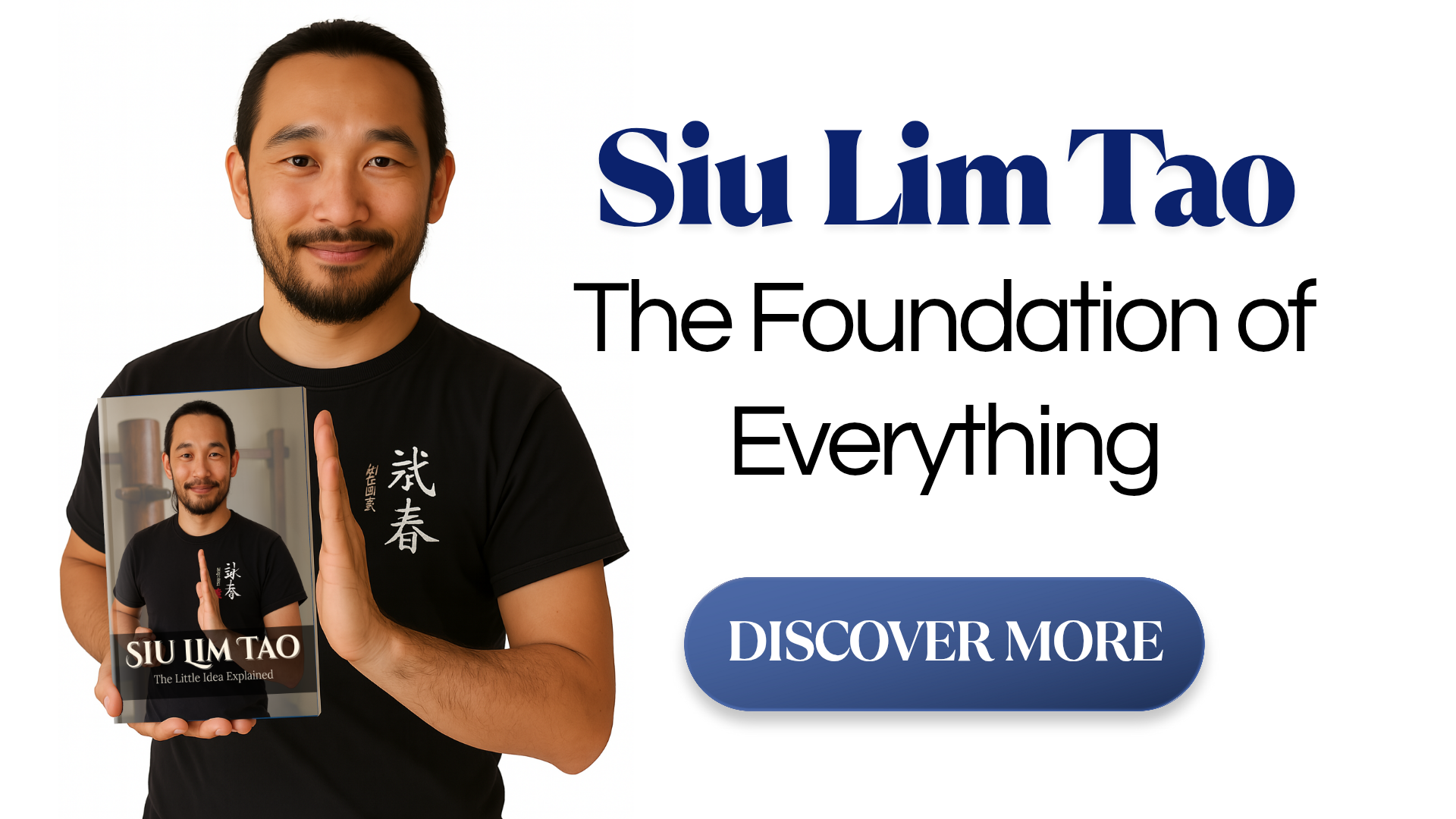
As you embrace these teachings, consider exploring our comprehensive guide. The e-book not only covers fundamental stances and techniques but also wraps insights in a friendly tone, ensuring everyone from newcomers to seasoned instructors gains something invaluable.
Building Inner Strength Through Consistent Practice
Consistent training in Wing Chun builds both physical prowess and inner strength. The dedication to master the artistry translates into the perseverance needed in life's journey. Mirroring this, regular practice of its core tenets builds resilience that allows practitioners to meet and overcome any personal hurdle.
A consistent Wing Chun practice instills discipline and confidence, empowering individuals to not only face physical challenges but also life's unpredictabilities. So why not start today by getting your copy of our e-book, complete with a special discount, and begin embedding these timeless teachings into your daily routine?
Aligning Life with Wing Chun Philosophy
To wrap up, adopting Wing Chun principles can transform how you approach life's chaos. From adaptability and efficiency to developing a strategic, balanced, and resilient mindset, the lessons learned in practice extend far beyond the dojo.
If you're intrigued by the power behind these principles, our e-book offers a detailed exploration into mastering them. Begin your journey to harness life's chaotic energy wisely, because in Wing Chun, you learn not just the art of defense but the art of living courageously.
Thank you. Your comment will be approved shortly.
Comments
Thank you. Your comment will be approved shortly.
Thank you. Your comment will be approved shortly.
Thank you. Your comment will be approved shortly.
Thank you. Your comment will be approved shortly.
Thank you. Your comment will be approved shortly.

